Football is a global game. When compared to other sports, it is always ahead in terms of popularity across the world.
While still to take off completely in North America, football is growing in the United States and Canada. And pretty much everywhere else, it is huge.
You can catch a game almost anywhere: in villages, towns and out in the country. But in the bigger places, there are multiple options.
Here, a look at some of the best cities in the world for watching football and what each one has to offer…
32. Bilbao
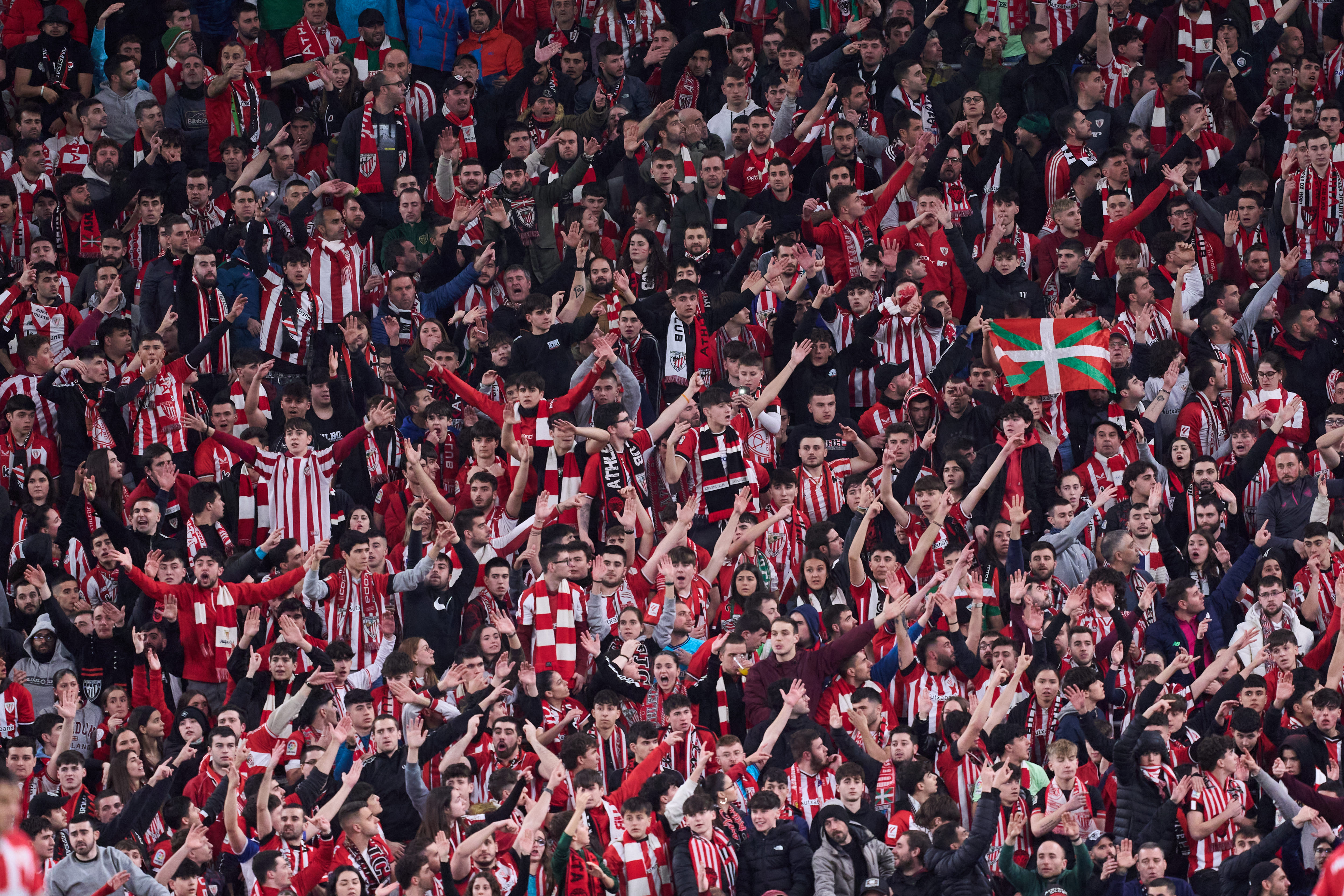
Bilbao may have only one elite football team, but Athletic Club are hugely important – culturally, historically and socially.
Only players born or raised in the Basque regions are allowed to play for Athletic and the club is like a religion for many. Home matches take place at San Mames, which is nicknamed La Catedral, and the atmosphere is intense.
31. Genoa
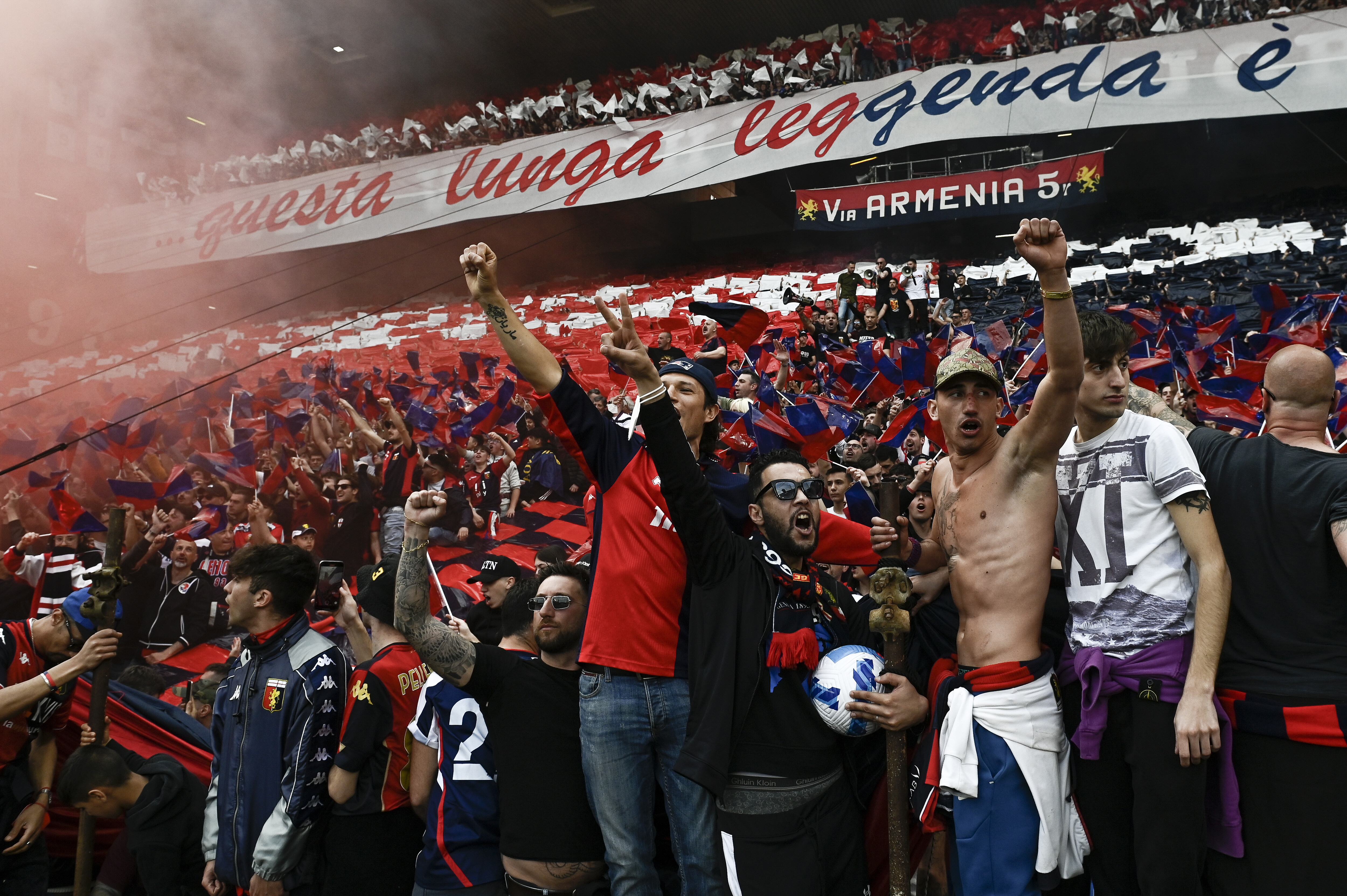
Genoa CFC is Italy’s oldest existing club. Founded in 1893, the Rossoblu have won Serie A nine times, although their last title came in 1924. Their city rivals Sampdoria have had more recent success, winning Serie in 1991 and a number of other trophies in the laste 1980s and early 1990s.
The two teams share a stadium and play in the Derby of the Lantern, which takes its name from the main lighthouse serving the port of Genoa. It is the oldest derby in Italian football.
30. Porto
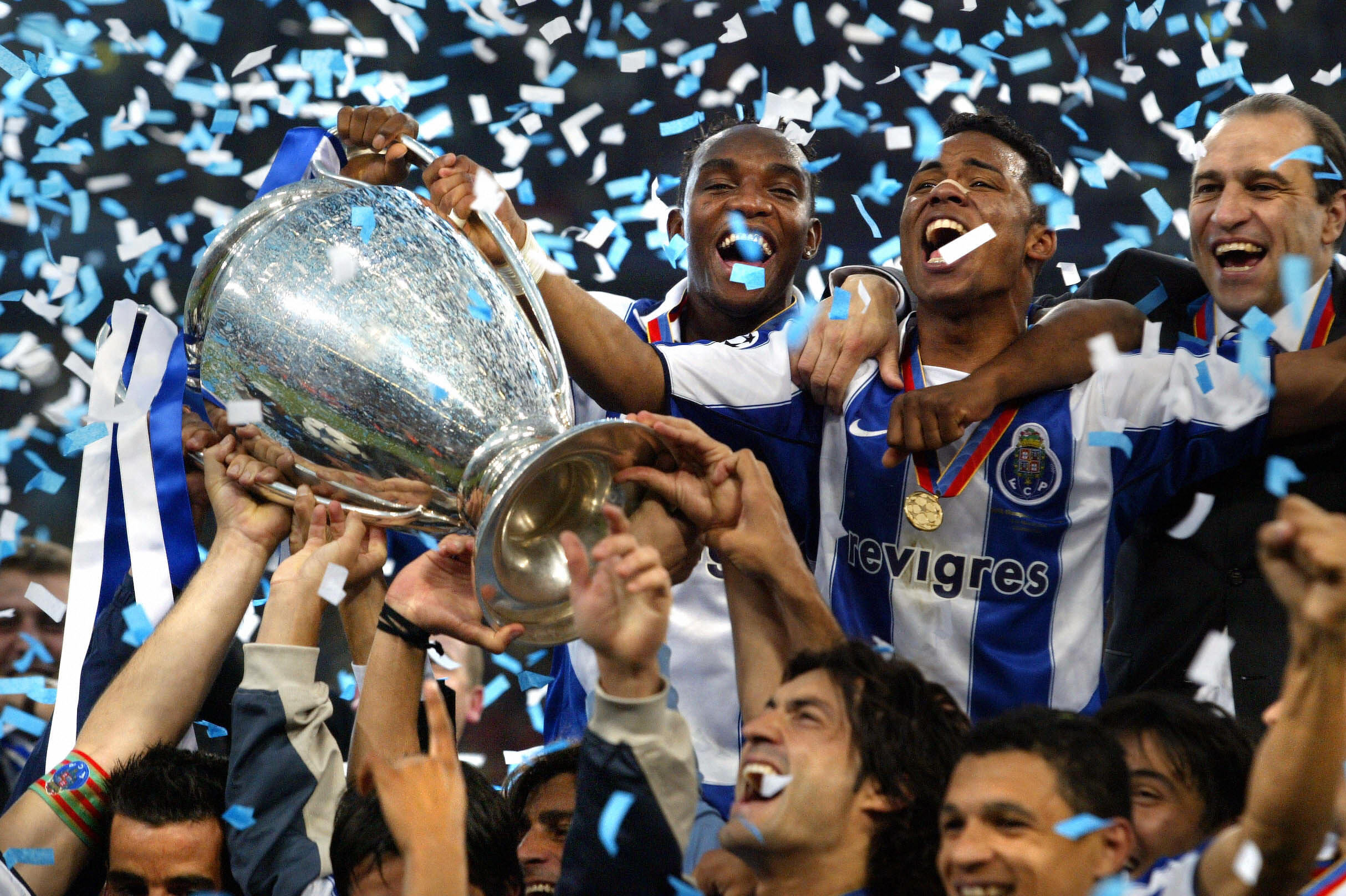
European champions in 1987 and again in 2004, Porto are part of Portugal’s big three clubs – along with Lisbon pair Benfica and Sporting CP.
Hugely successful at home and in Europe, the Dragons dominate in the city, but Boavista are also among the five clubs to have won the Portuguese title. Also based in Porto, Boavista were champions in 2000/01.
29. Belgrade
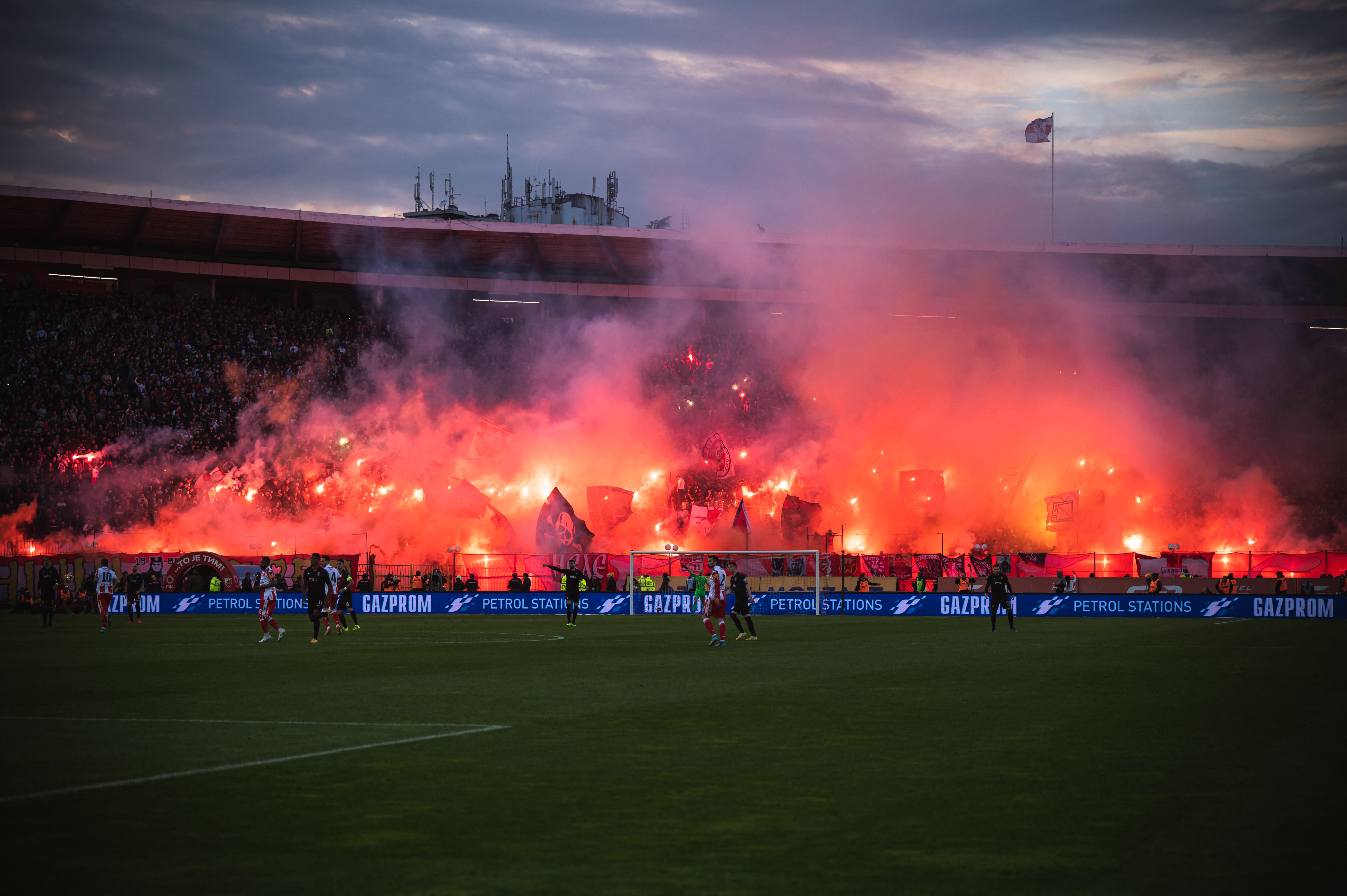
Red Star Belgrade, locally known as Crvena zvezda, won the European Cup in 1991. Their biggest rivals are Partizan, runners-up in the competition in 1966.
The rivalry has been described as “one of the most bitter” in football. The two teams meet in “the Eternal Derby”, which is not for the faint-hearted.
28. Valencia

Valencia’s Nou Mestalla project remains unfinished, with the stadium half-built due to the club’s financial problems over the past 15 years.
The stadium is expected to be completed in time for the 2030 World Cup. For now, the steep stands of the club’s current Mestalla home – which turned 100 years old in 2023 – offer an old-school, authentic experience. Not far down the road, a visit to Levante is also a good day out.
27. Porto Alegre
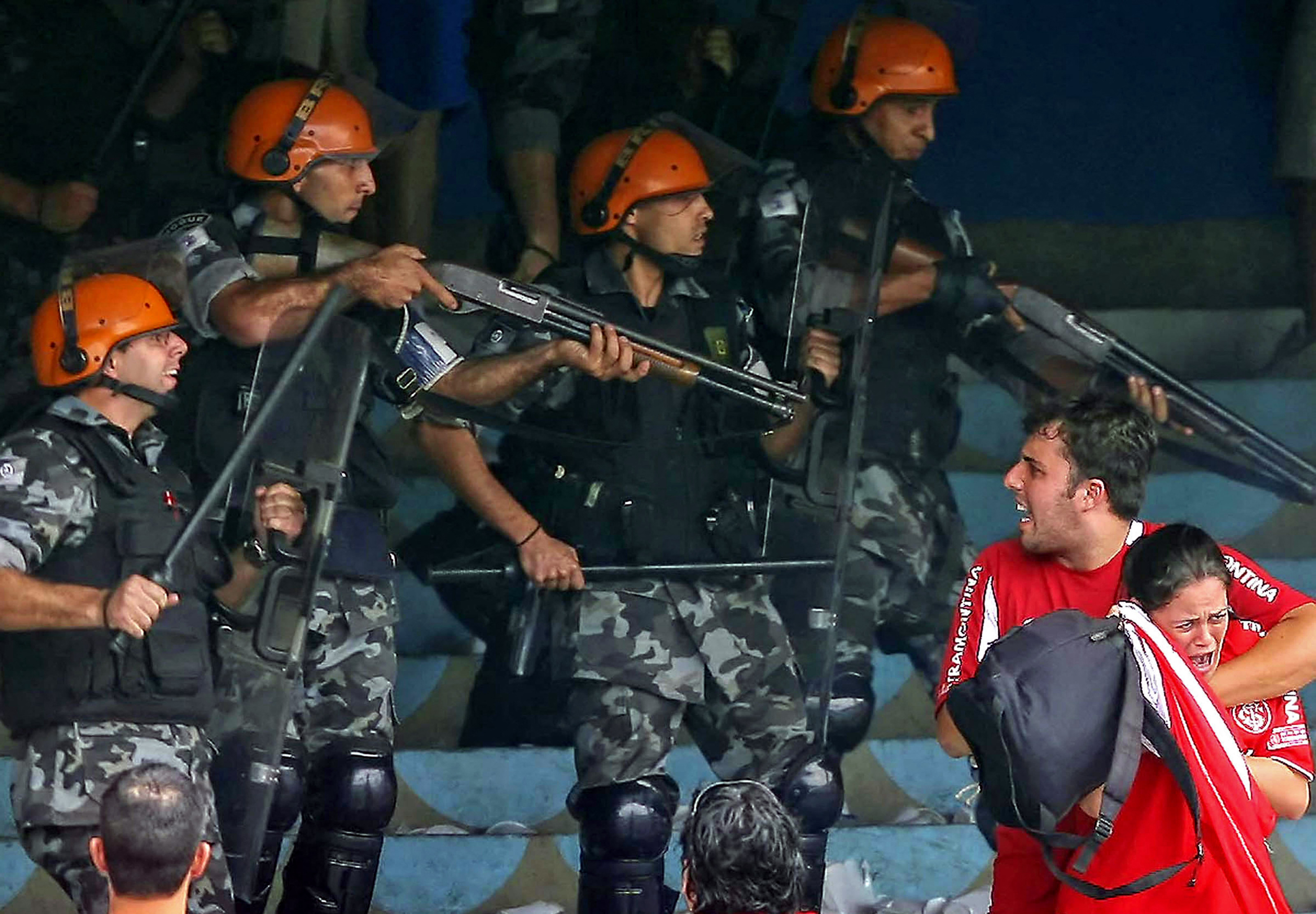
Porto Alegre may be outside the 10 most populous cities in Brazil, but the capital of Rio Grande do Sul is home to two of the country’s biggest and most important clubs.
Gremio and Internacional have both won domestic titles and also the Copa Libertadores. Their derby, the Grenal – taken from the beginning of Gremio and the end of Internacional – is one of the most fierce in all of South America.
26. Moscow
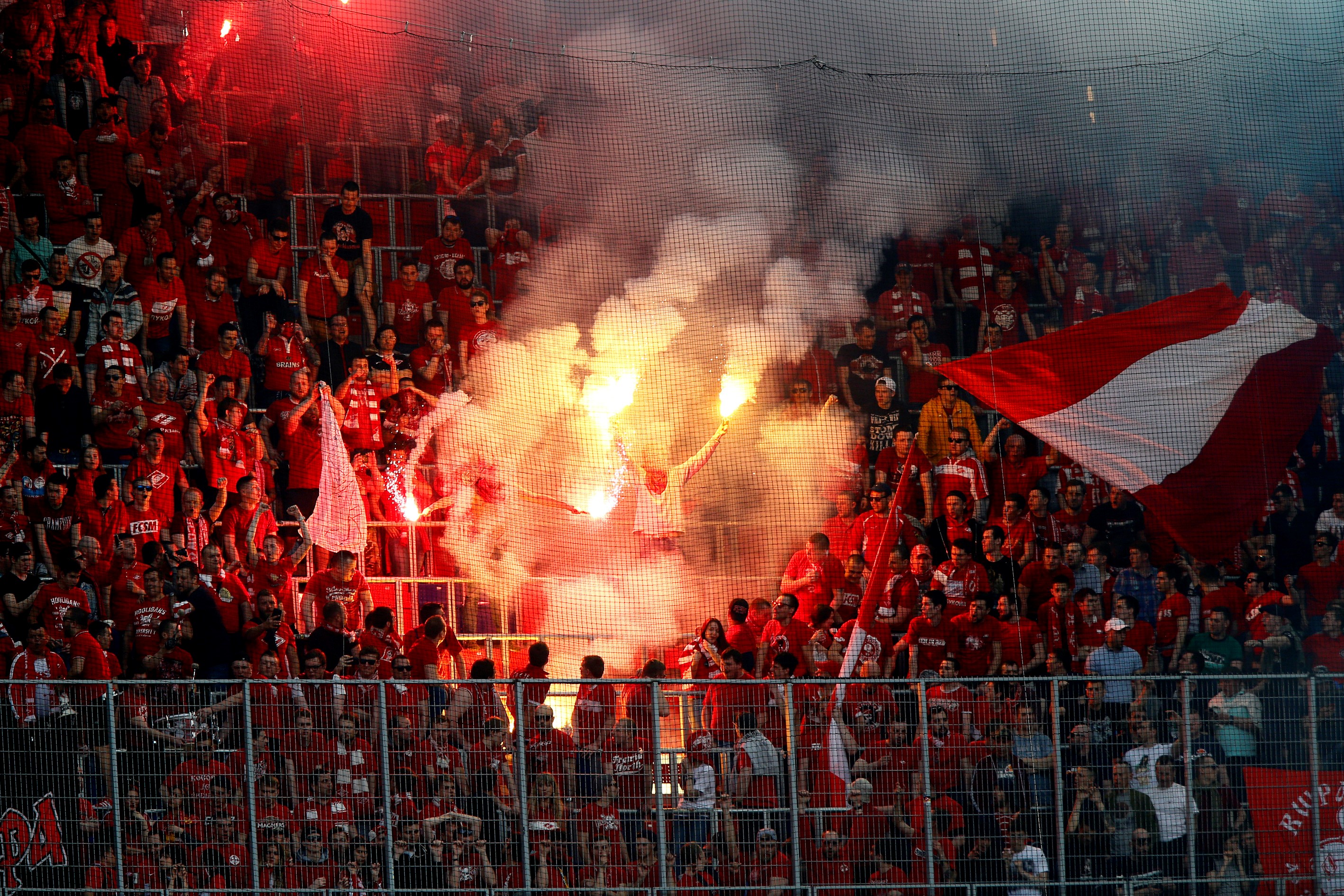
Moscow attracted football fans from all over the world during the 2018 World Cup and Russia’s capital was the scene for France’s win over Croatia in the final.
The city is also home to many of the nation’s biggest clubs, including Spartak Moscow, CSKA Moscow, Dynamo Moscow, Torpedo Moscow and Lokomotiv Moscow. So there are lots of intense derby clashes.
25. Rosario
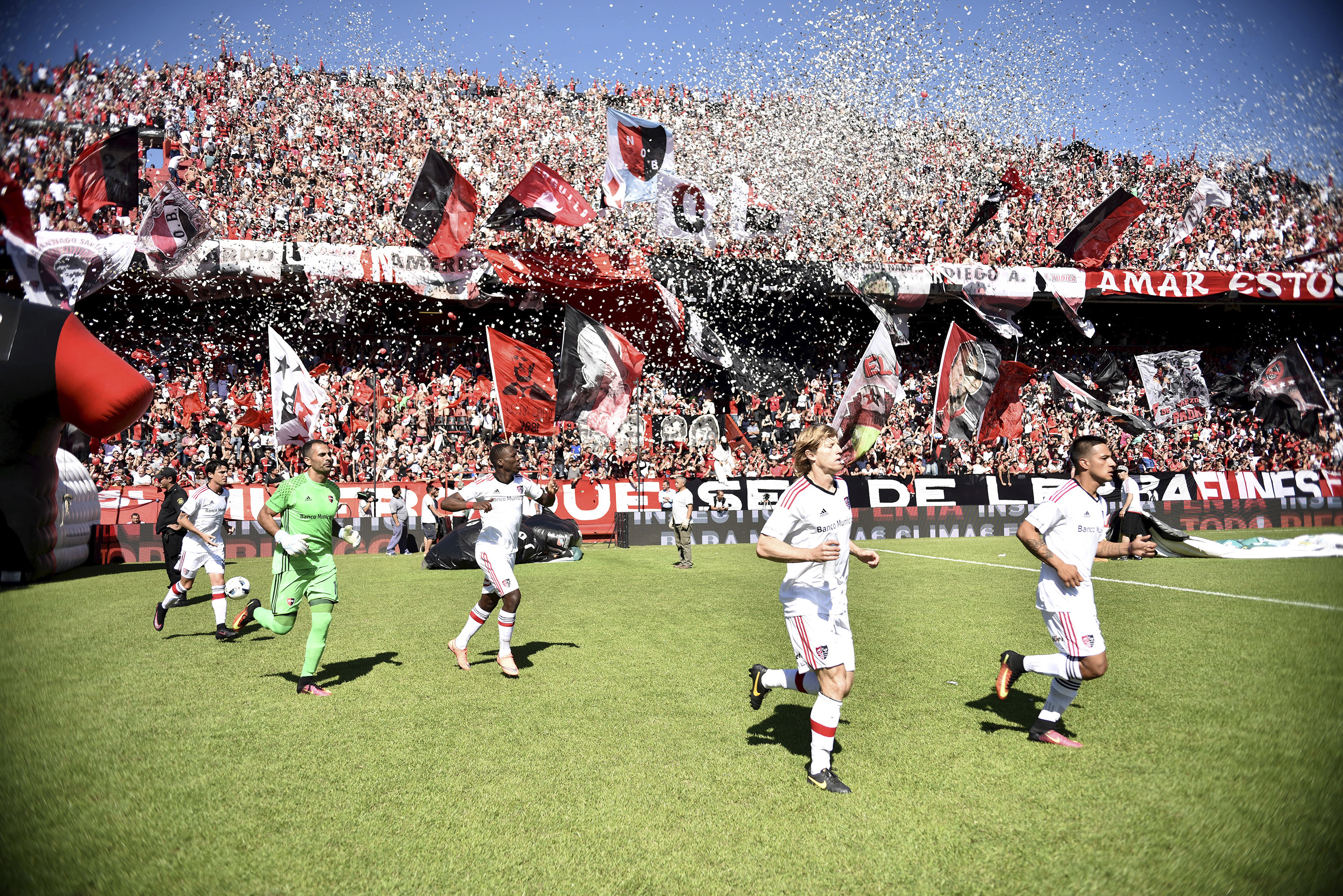
While many of Argentina’s top clubs are located in Buenos Aires, football is a huge deal in most of the South American country.
Rosario is the nation’s third-largest city and is home to Newell’s Old Boys and Rosario Central, two huge clubs which share a fierce rivalry. Rosario also gave us Marcelo Bielsa and Lionel Messi – and the house where Leo grew up has become almost a place of worship.
24. Cairo
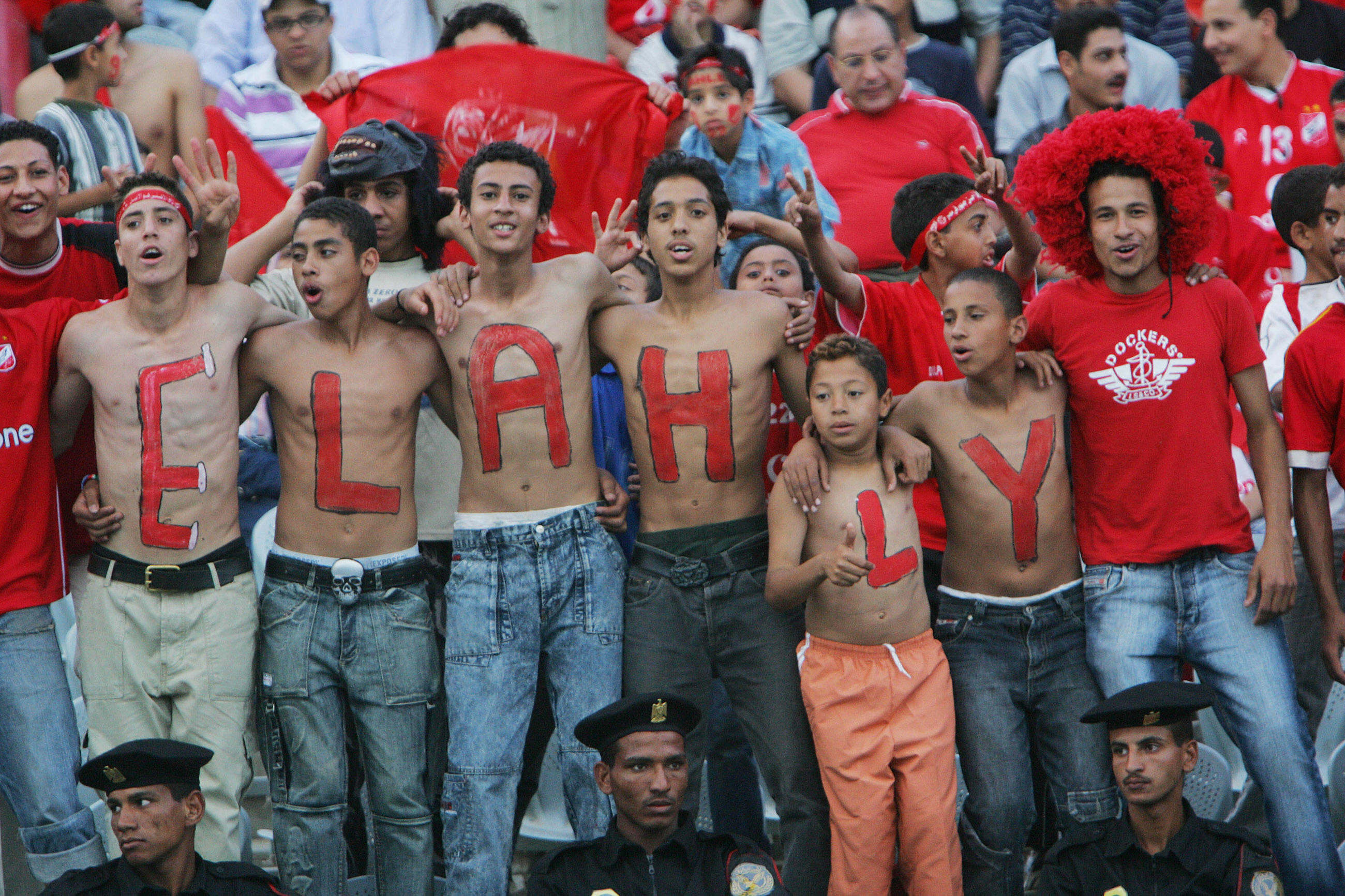
Cairo is one of the world’s most populous cities and football is a hugely popular pastime in Egypt’s capital city – both playing and watching.
The Cairo derby between Al-Ahly and Al-Zamalek is the biggest in African football and is considered one of the fiercest fixtures in world football, with riots and fights frequent and security always tight.
23. Naples
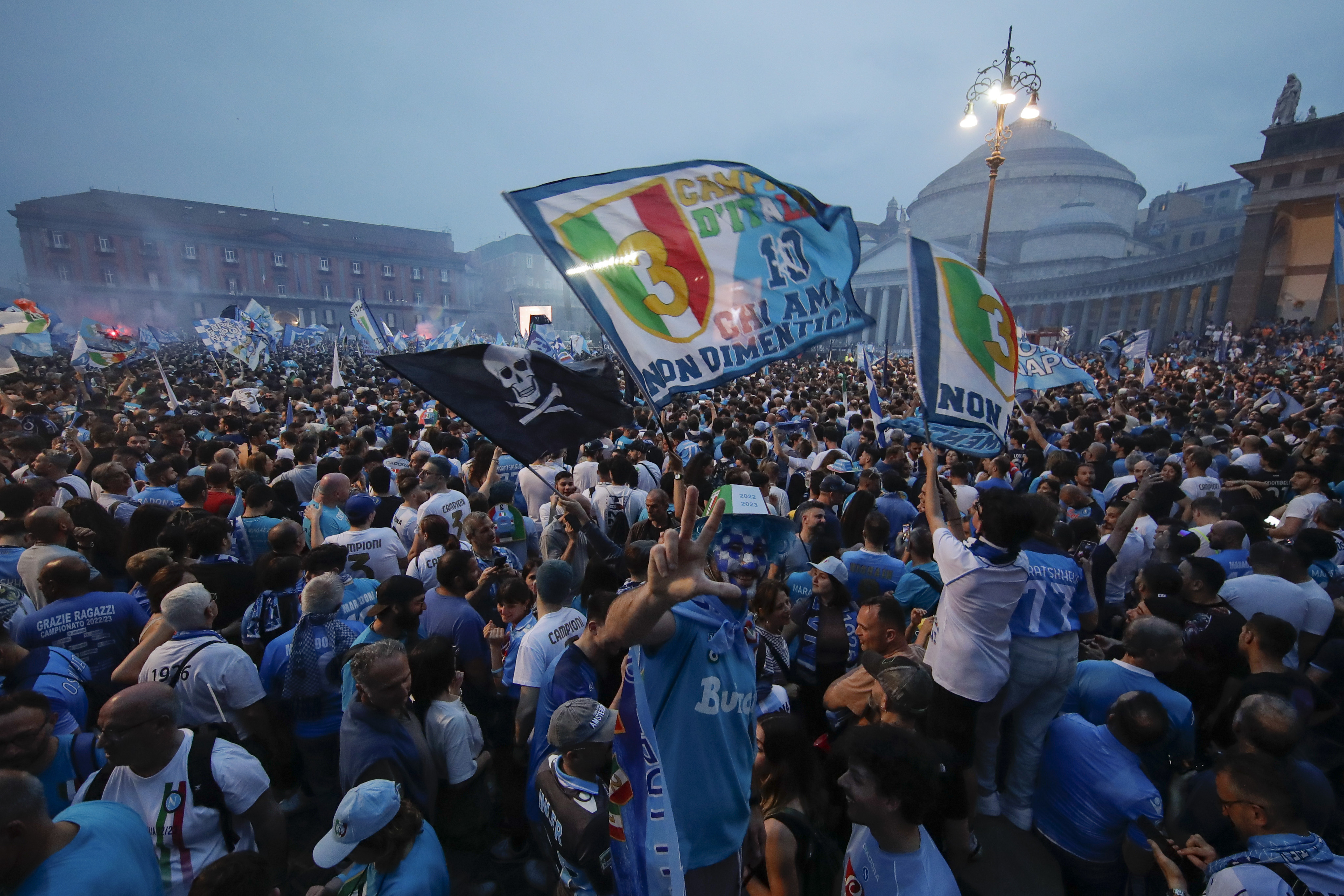
It is hard to find more passionate fans than Napoli’s supporters. In a city that lives and breathes football, the club is everything.
So too was Diego Maradona. The Argentine great brought success to Napoli in the 1980s, with two Serie A titles won against the powerful teams from the north, and their were wild celebrations in the city as the club finally added another Scudetto in 2022/23.
22. Montevideo
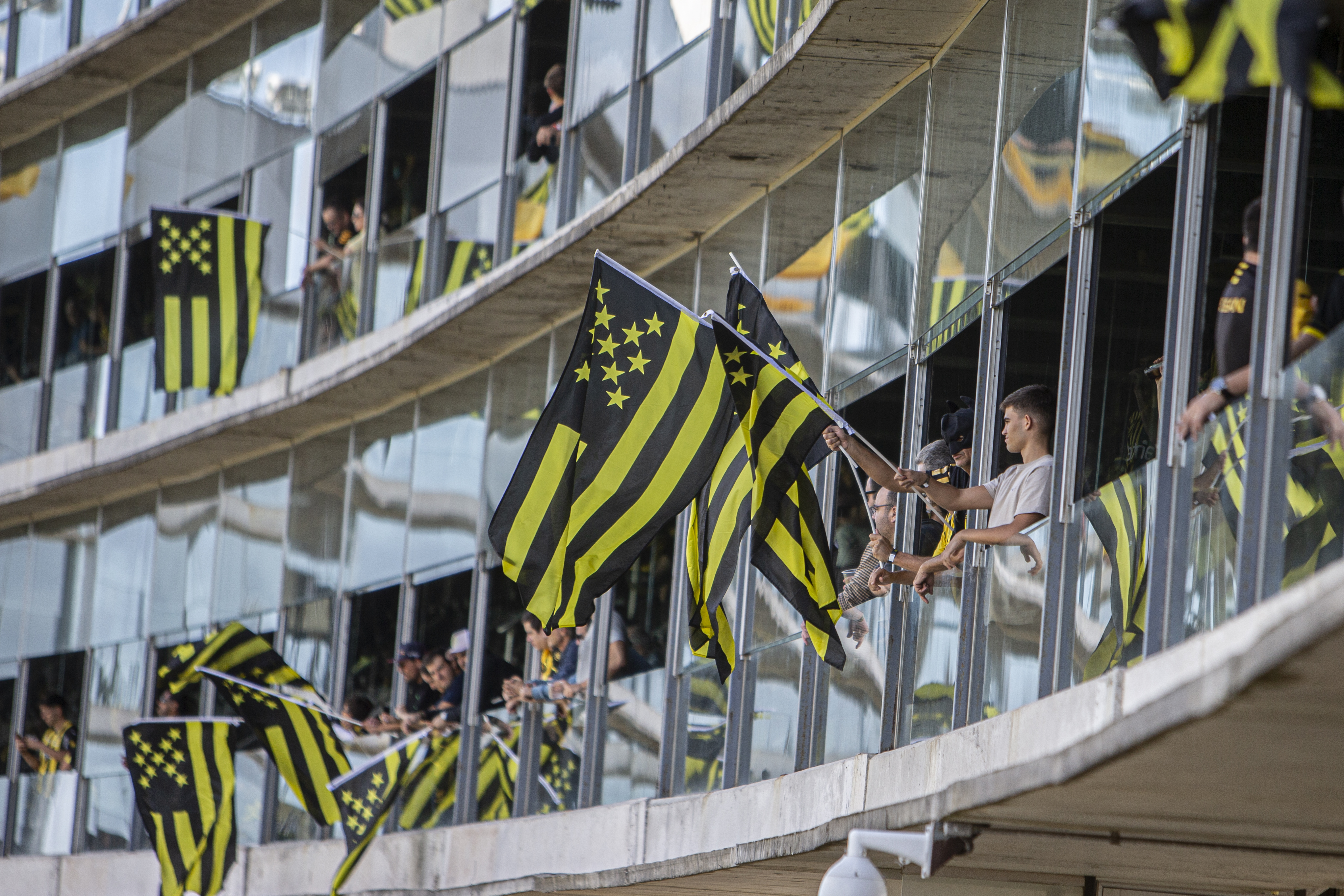
For such a small nation, Uruguay is a huge hitter in football terms. Two-time World Cup winners and Olympic champions, the Celeste have also claimed the Copa America on 15 occasions, despite a population of around 3.4 million.
Capital Montevideo is football mad, with Peñarol and Nacional the two biggest clubs and one of the game’s oldest rivalries. There’s also the Estadio Centenario, which was built for the 1930 World Cup and is home to the Uruguayan Football Museum.
21. Paris
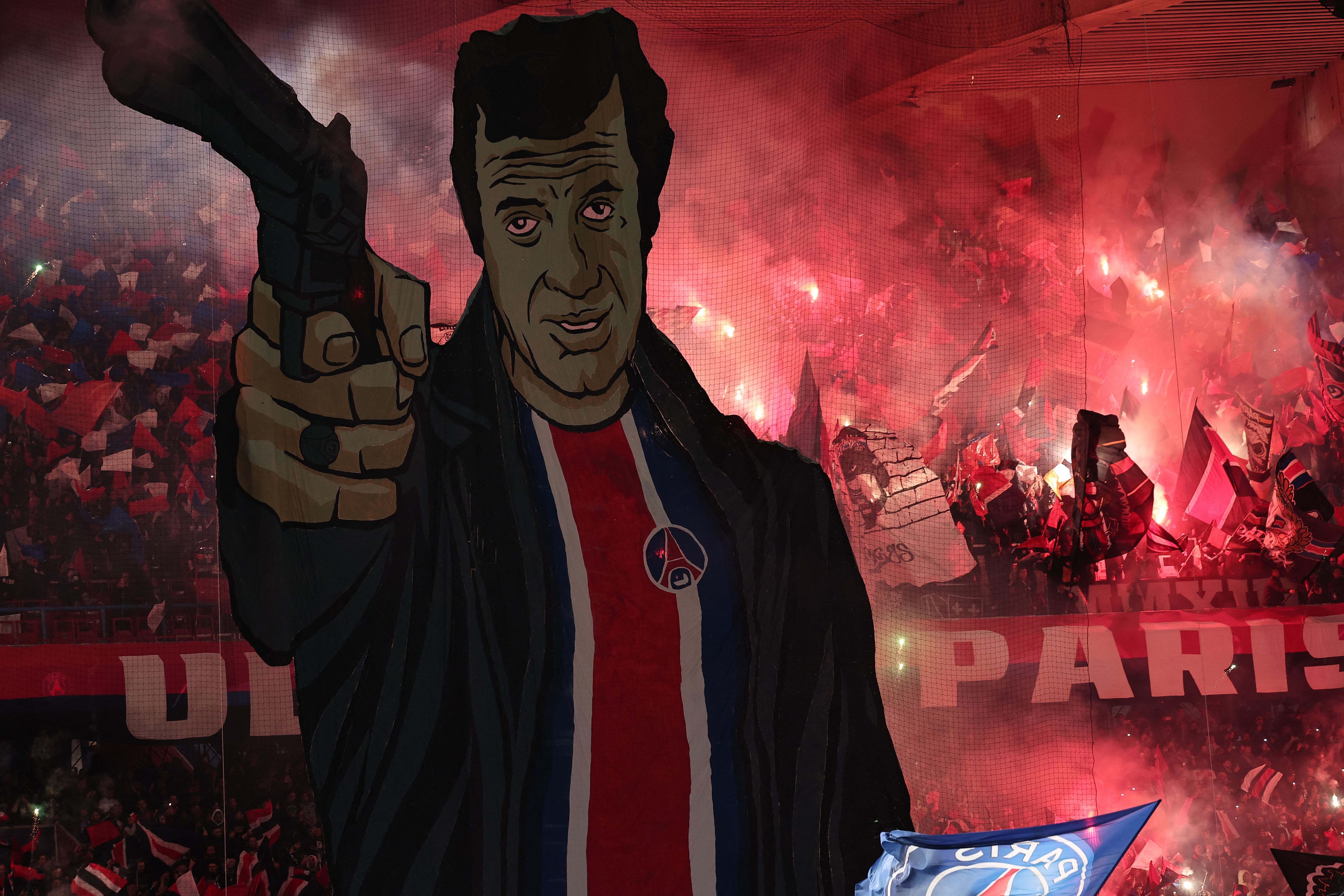
Unusually for such a large city, Paris has only one top-flight club, but PSG’s ultras create an impressive atmosphere on big European nights at the Parc des Princes.
Paris is also a hotbed for football talent, with many exciting talents emerging in the banlieue, where you can find some great stories outside of Ligue 1, including the historic Red Star in the north.
20. Seville
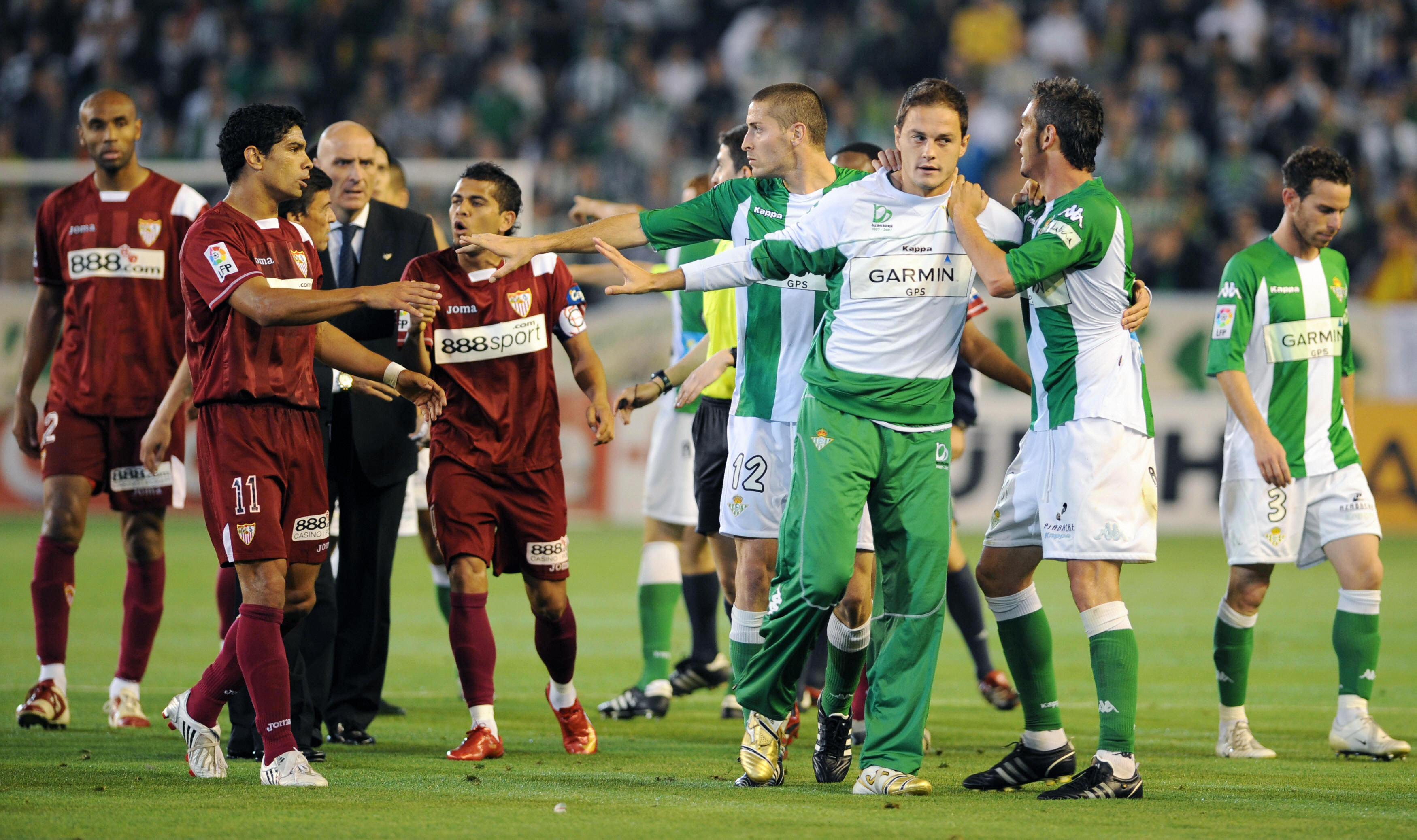
While El Clásico is Spain’s most famous fixture, the country’s best derby clash has to be Sevilla versus Real Betis.
The two Andalusian clubs are huge rivals and in one of Spain’s most beautiful and historic cities, their rivalry is all around. Visit the bars and speak to the locals – they will soon tell you where their loyalties lie. Both stadiums are great and the atmosphere might be the best in Spain. Especially on derby day.
19. Lisbon
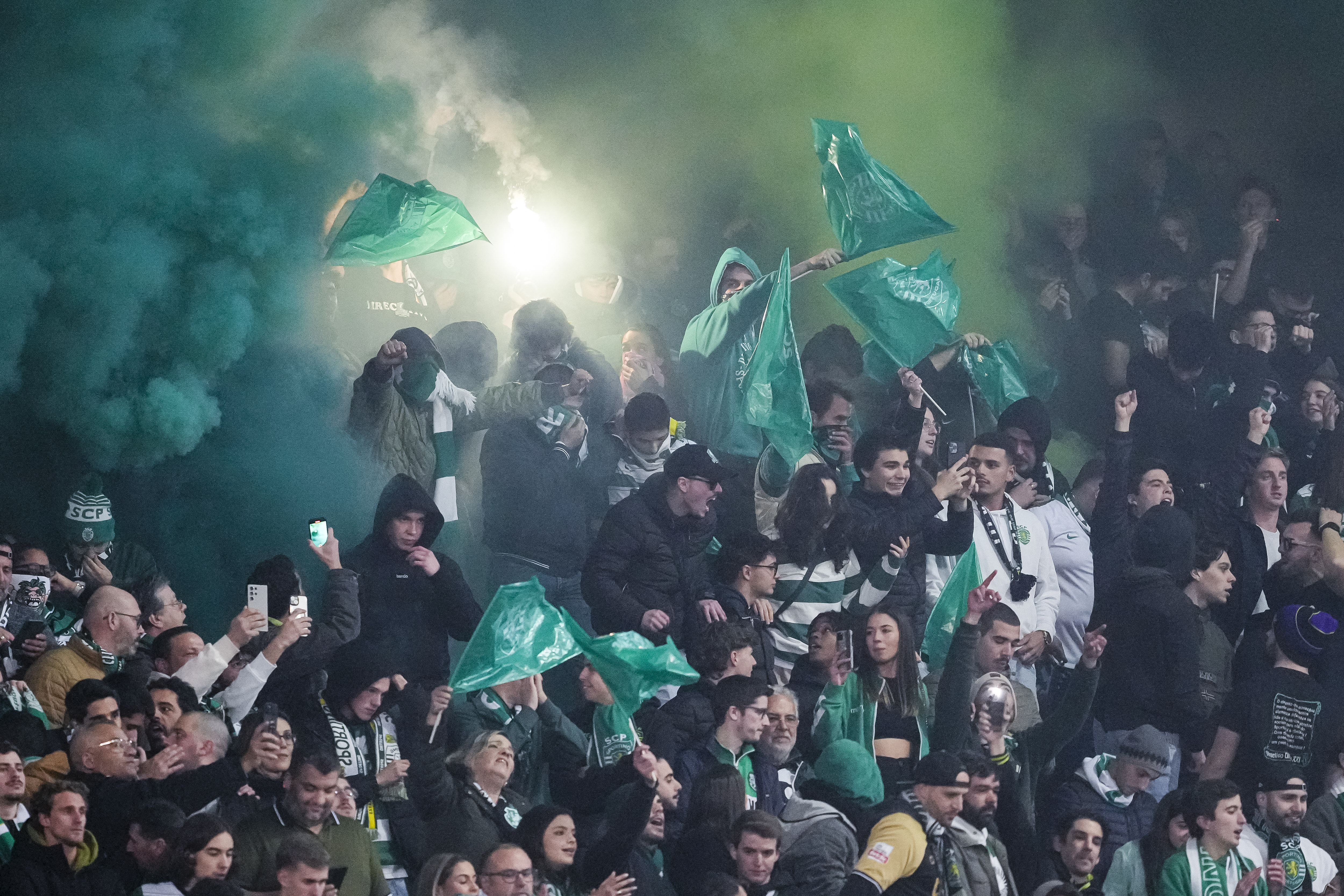
Two of Portugal’s “big three” clubs come from Lisbon, with both Benfica and Sporting CP based in the capital. Porto are the nation’s other top team.
Derbies between Benfica and Sporting are intense affairs and their stadiums modern after renovations for Euro 2004. Down in the lower leagues, there’s also Belenenses, one of only two teams outside Portugal’s “big three” to win the league title. That was in 1945/46, though.
18. Turin

Juventus are the biggest club in Italy these days, but that title once belonged to their city rivals Torino. The Grande Torino team was wiped out by the tragic Superga air disaster of 1949 and there is a monument outside the Basilica where fans pay their respects to this day.
The Derby della Mole is still special, although it has been dominated by Juventus in recent times. The two clubs used to share the old Stadio delle Alpi, but the Bianconeri built their own stadium in 2011.
17. Dortmund

For an old-school football experience and one of the best stadium atmospheres around, Dortmund is the place to visit.
The city has only one major club, but Borussia Dortmund’s Signal Iduna Park and its iconic Yellow Wall of supporters should be on the bucket list of any fan. There’s nothing quite like it anywhere in Europe and the team are consistently among the best in Germany too, with a track record for developing some of the game’s top talents. What’s not to like?
16. Rome

Rome is steeped in architecture, art, culture and history. And among the many reasons to visit the Eternal City, there’s football.
The Stadio Olimpico may not be the best from a viewing perspective – the stands are far from the pitch due to the running track – but the atmosphere is intense and the walk to the ground is a treat. Roma and Lazio share the stadium and these two huge clubs divide the city as well. The Derby della Capitale is special.
15. Athens
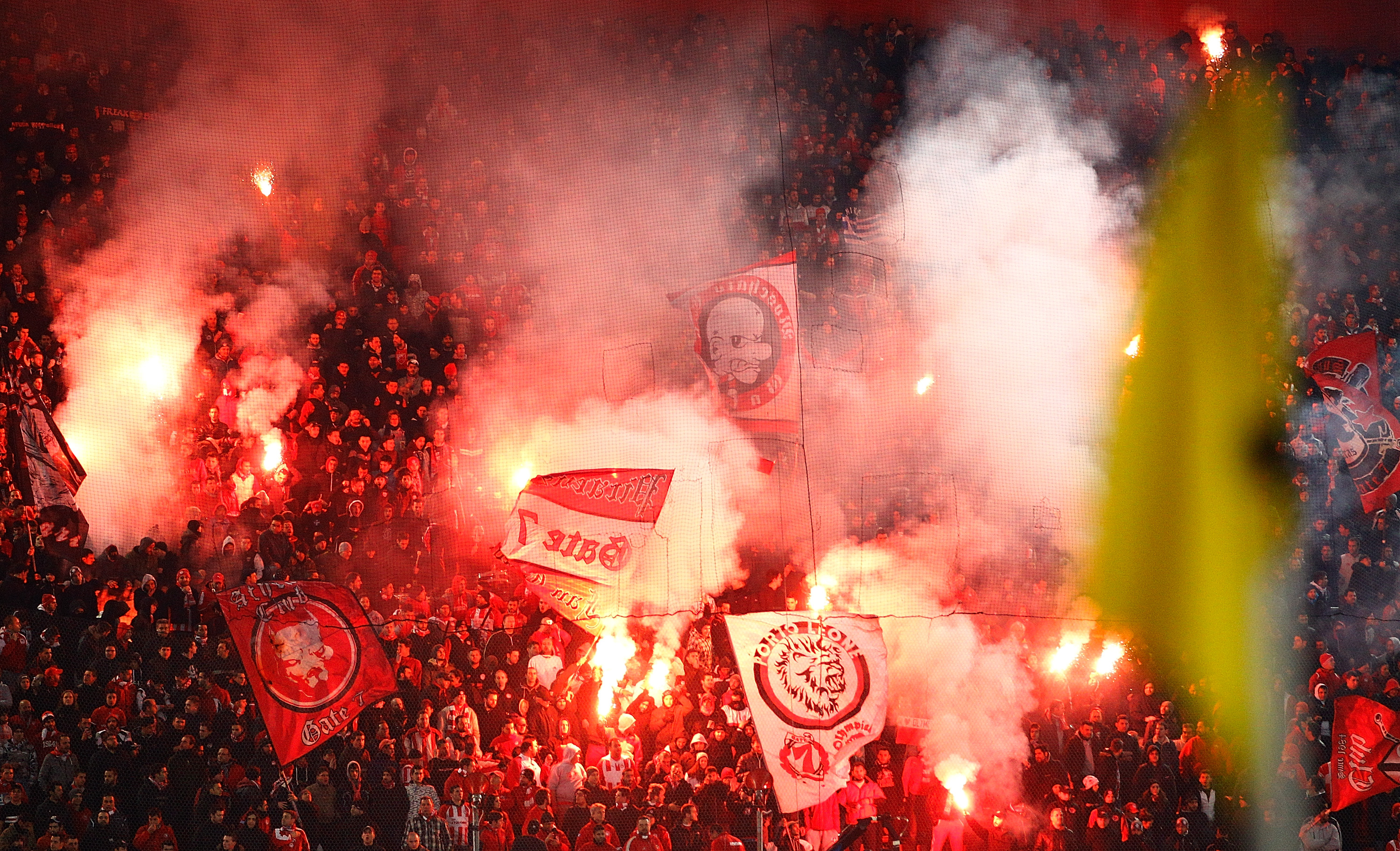
The coastal city of Piraeus is only eight kilometres south of Athens and is now part of the Greek capital’s urban area.
Piraeus is home to Greece’s most successful side, Olympiacos, while Panathinaikos and AEK are nearby in Athens. Derbies between the big three are colourful and noisy, to say the least.
14. Munich
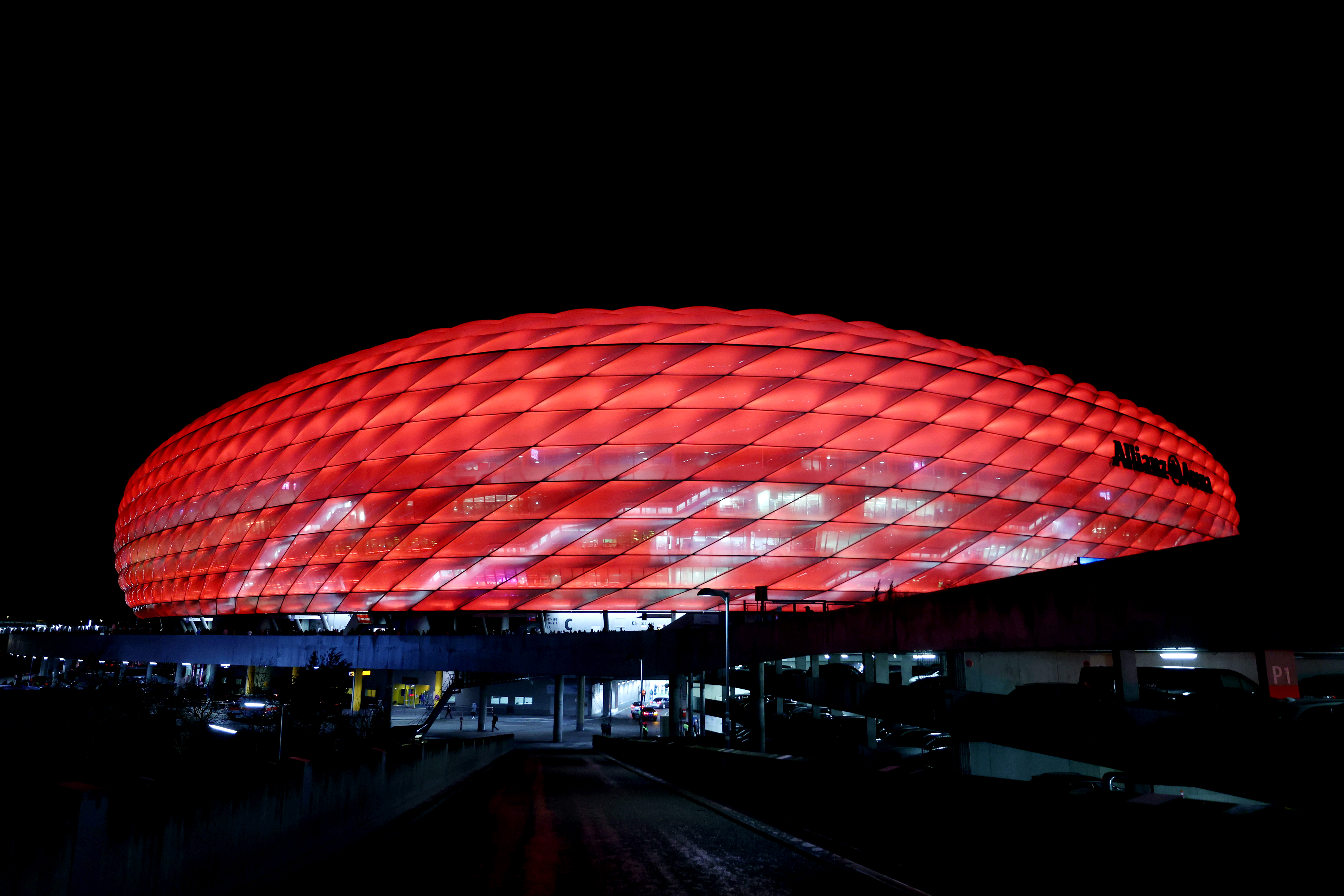
Bayern Munich’s Allianz Arena looks like a giant spaceship which has landed outside the town. Built ahead of the 2006 World Cup, it is one of the great modern stadiums.
Bayern are Germany’s most successful side by far and the Bavarians are also among the most decorated teams in Europe. The city’s other club, 1860 Munich, now play in the more modest Grunwalder Stadium. And there’s also the Olympiastadion, which hosted the finals of the 1974 World Cup and Euro 88.
13. Amsterdam
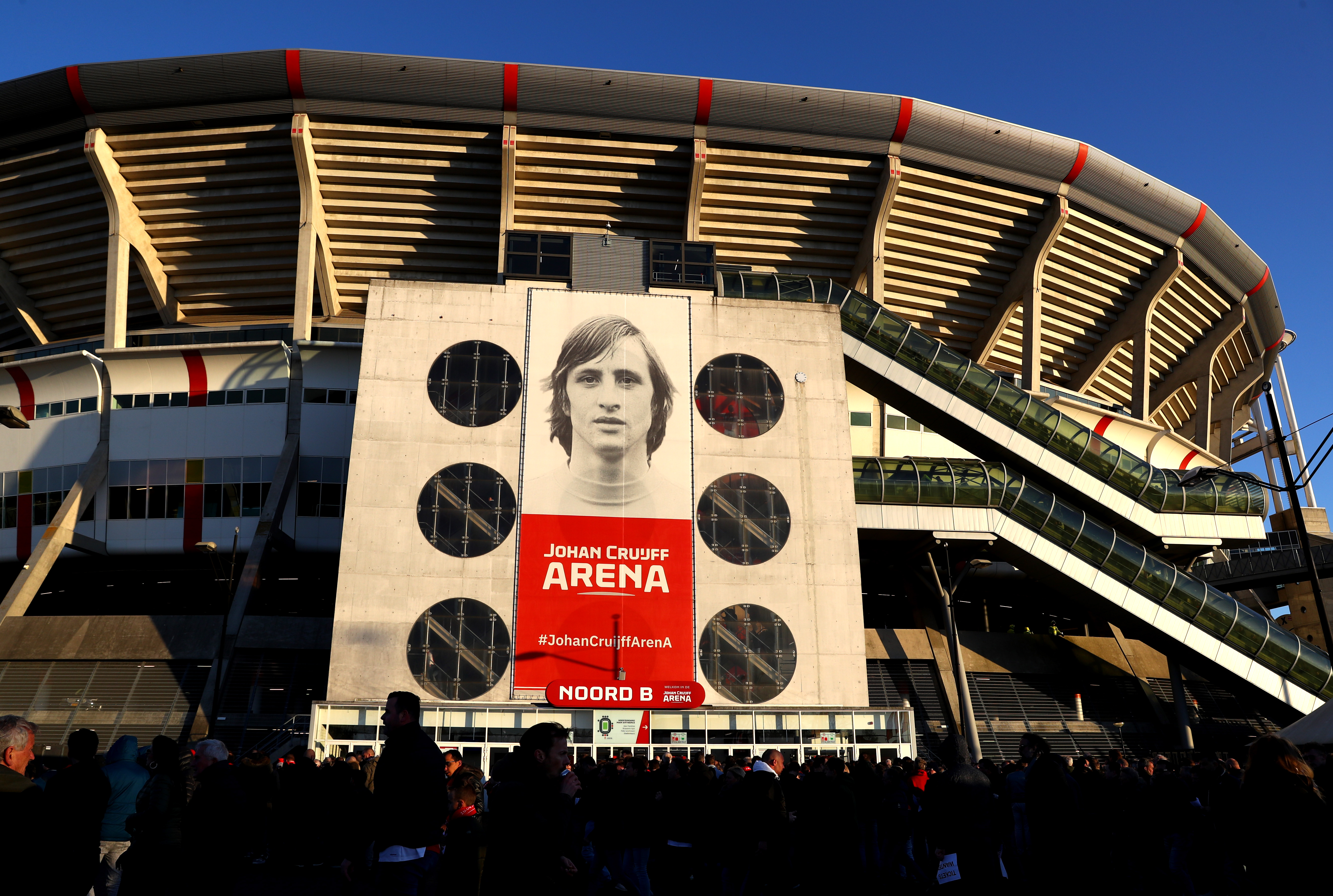
Amsterdam is a city known for one club, but Ajax has had a huge influence on football over the past 50 years or more.
One of Europe’s top teams in the 1970s, 1980s and 1990s, Ajax’s 4-3-3 formation and focus on youth became a blueprint for many sides across the continent. Coach Rinus Michels was the father of Total Football, while Johan Cruyff took those ideas to Barcelona in the 1990s. Culturally and historically, the club’s importance is huge.
12. Glasgow
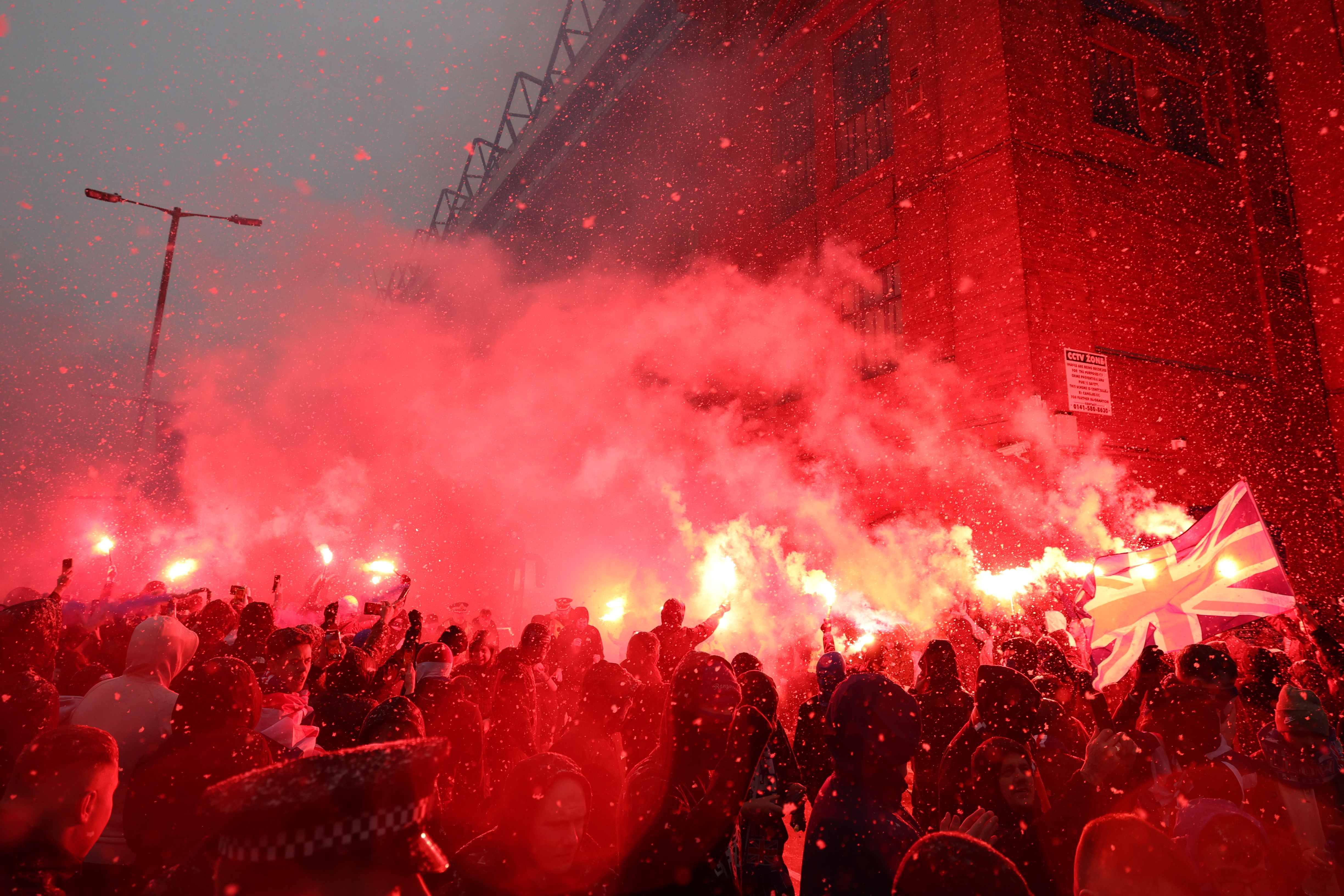
Most football fans probably don’t watch the Scottish Premier League, but everyone knows about Celtic and Rangers.
The two Glasgow rivals boast huge support across the world and their Old Firm rivalry is among the fiercest in football. Their dominance of the Scottish game makes Glasgow the first port of call for football fans going north of the border. Partick Thistle and Queen’s Park play there too, while Hampden Park has hosted six European finals and some of the most-attended matches in history.
11. Mexico City
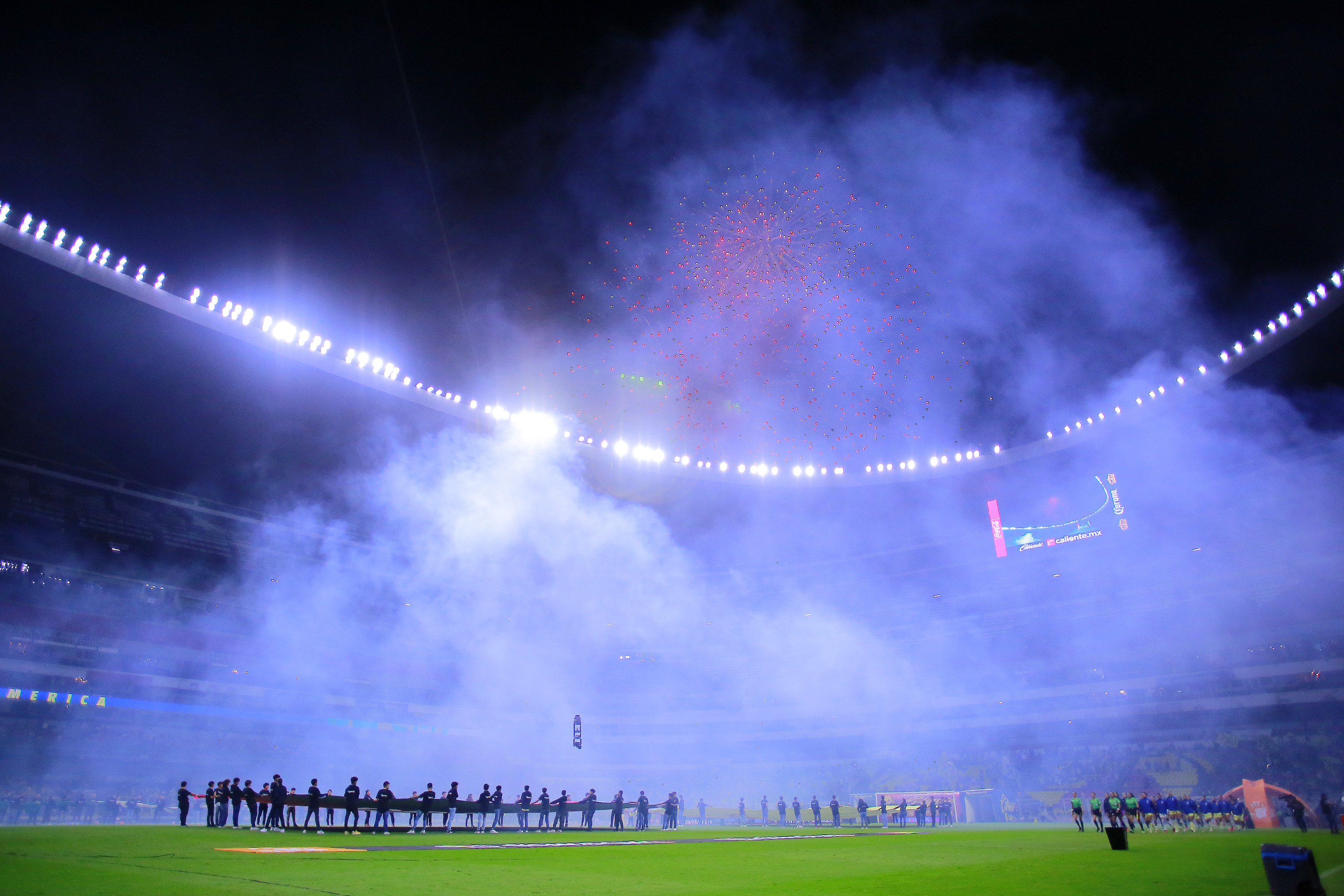
Pele and Diego Maradona’s most iconic moments took place at the Estadio Azteca, in the 1970 and 1986 World Cup finals, respectively. The Azteca is among the venues again for the 2026 World Cup and the old place is still special.
The stadium is home to the city’s most famous club, America. Meanwhile, Pumas play at Ciudad Universitaria, which hosted the Olympics in 1968 and features a mural by Diego Rivera. Cruz Azul and Atlante also play in football-mad Mexico City.
10. Barcelona
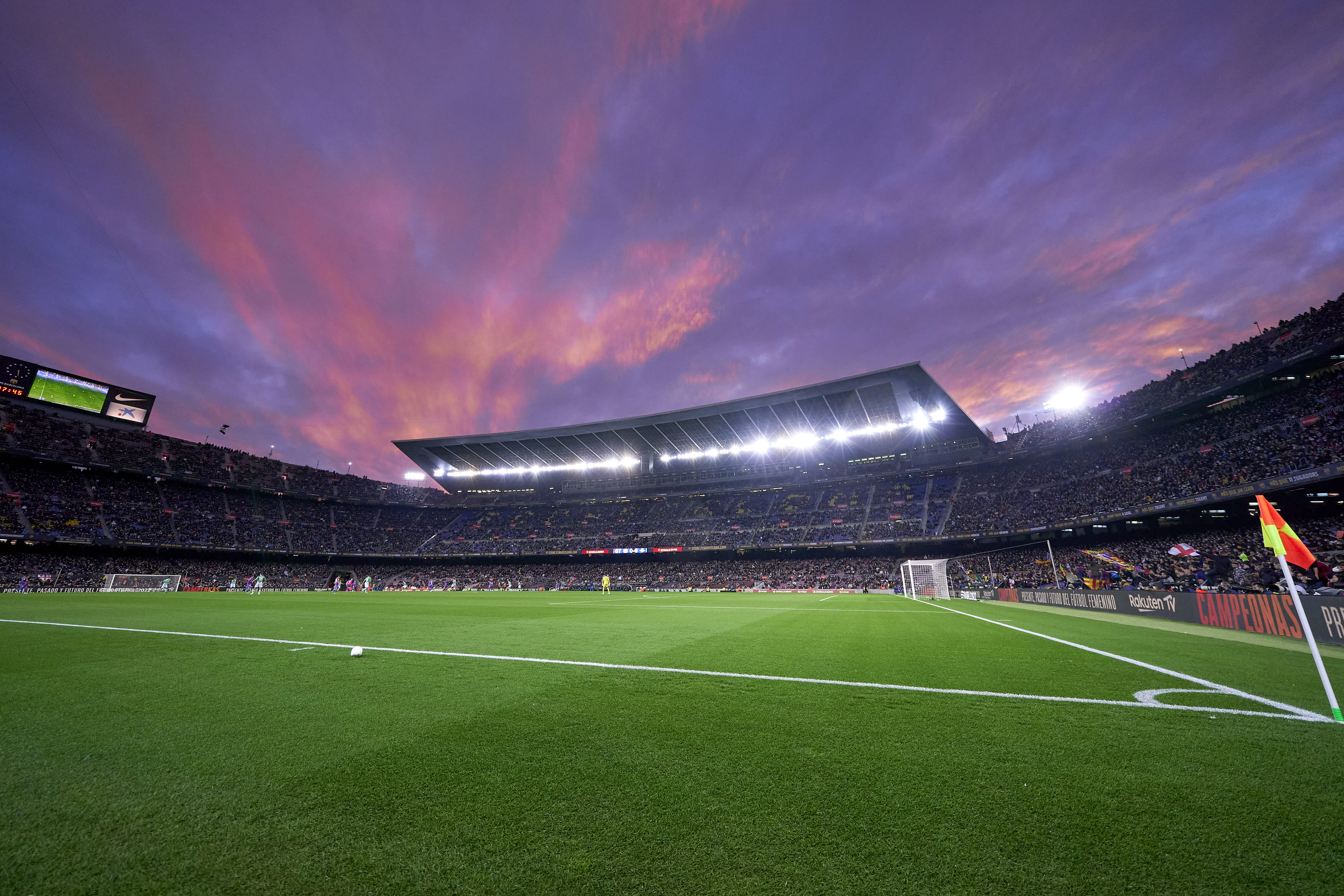
Barcelona’s Camp Nou stadium is iconic. Home to one of Europe’s top clubs and previously to Lionel Messi, it is one of the great places to watch football.
The Catalan capital is passionate about football, with trophies celebrated down at the Ramblas by the Canaletas fountain. Meanwhile, the club’s museum is the most visited in the city and the second in Catalonia. A trip to watch Espanyol in Cornellà is also worth your time.
9. Istanbul

Istanbul is a melting pot of cultures, races and religions, with over 15 million people sharing one beautiful but chaotic metropolis.
Football is a huge part of life in the city, with Istanbul’s big three teams – Galatasaray, Fenerbahce and Besiktas – dominating the sport. A fourth club, Istanbul Basaksehir, also won the title as recently as 2020. The Intercontinental Derby, which is played between Galatasaray and Fenerbahce, is one of the fiercest fixtures in world football.
8. Manchester
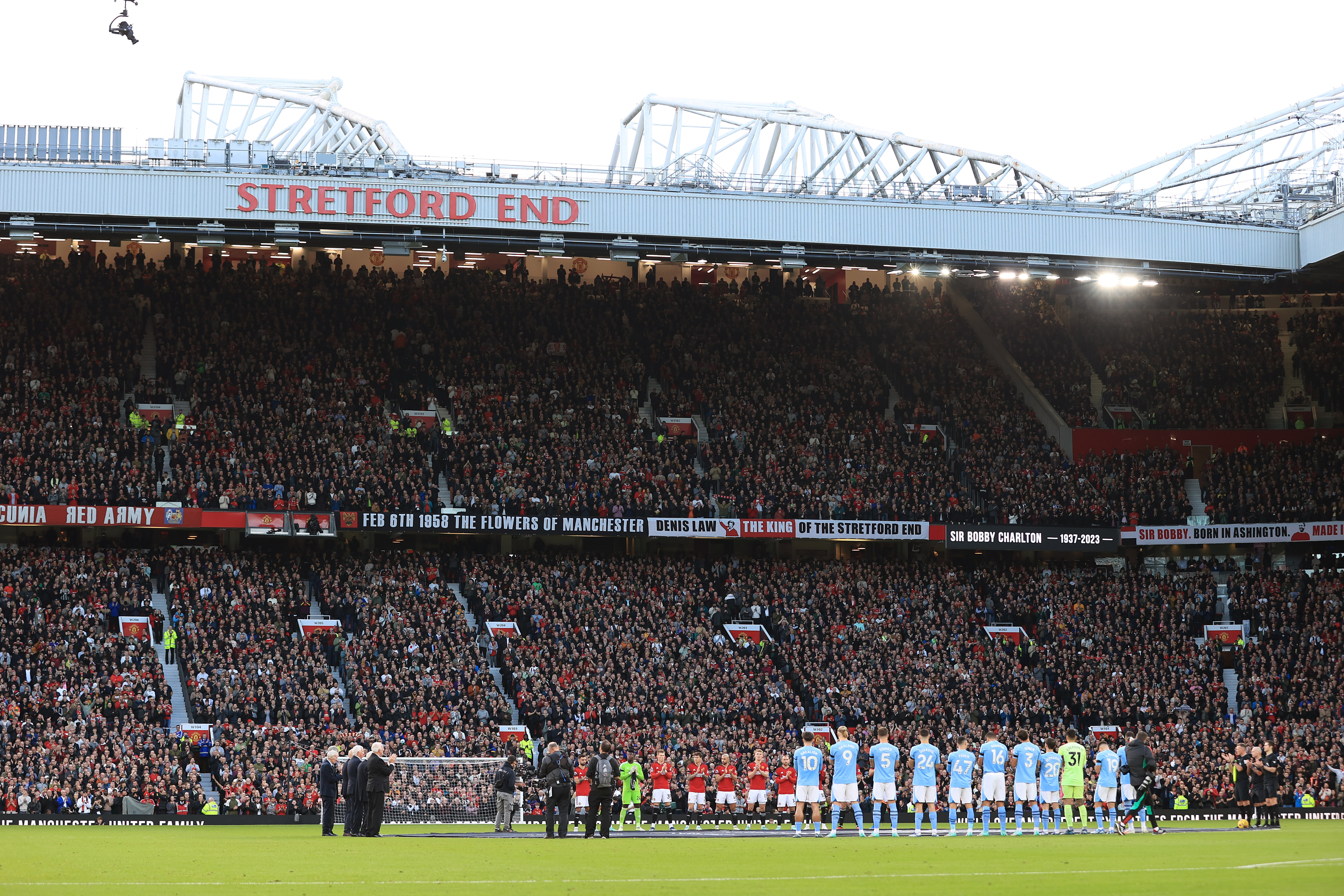
Manchester is the only city in Europe with two treble-winning teams and no other place is likely to match that feat any time soon.
United dominated English football for much of the 1990s and early 2000s under Sir Alex Ferguson and remain the nation’s biggest club, but City have been the more successful side in recent years. Football is a huge part of Manchester culture.
7. Liverpool
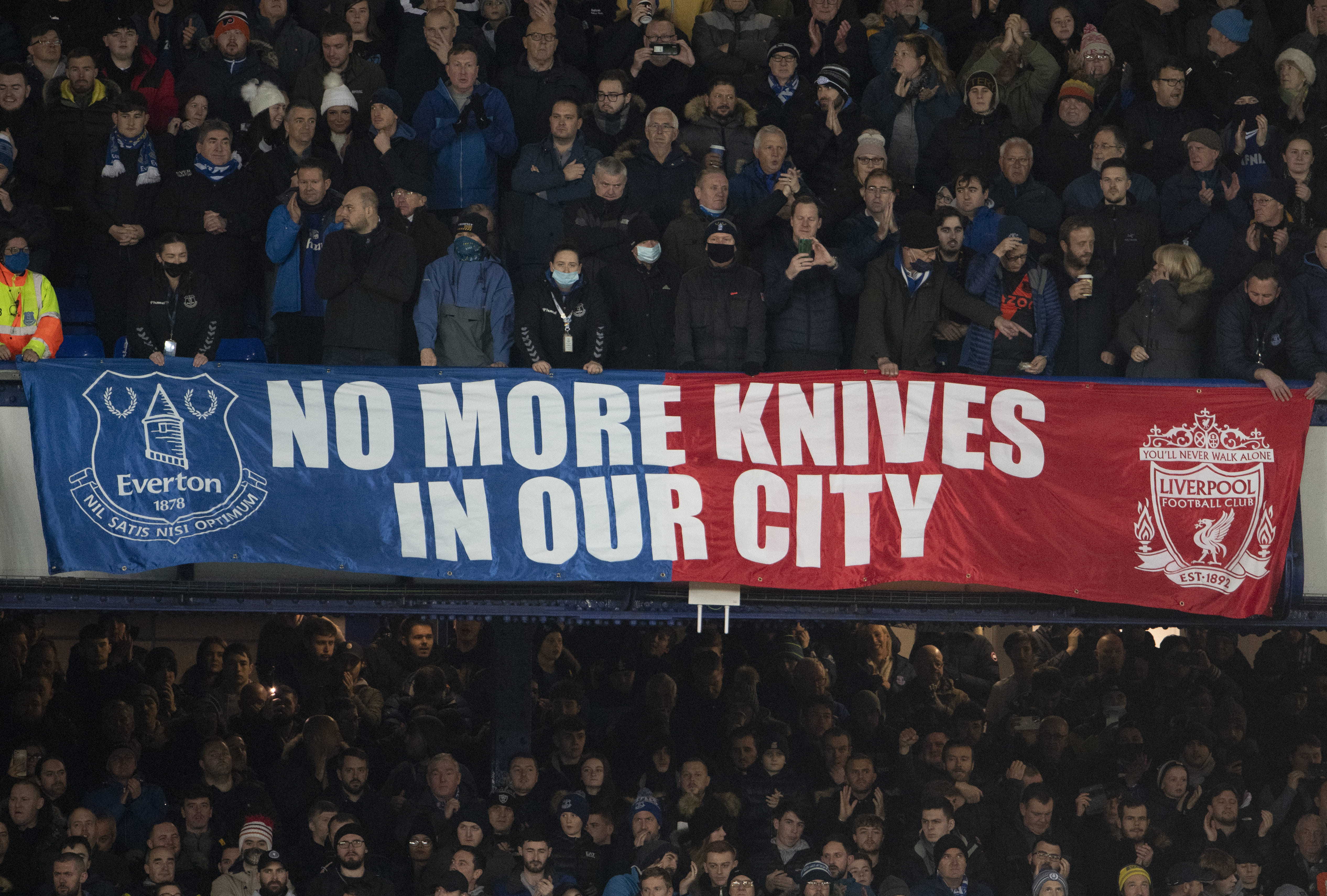
Liverpool and Everton are two of England’s biggest and historically most successful clubs, although recent times have been better for Reds than Blues.
Anfield and Goodison Park, located on either side of Stanley Park, are two of England’s most iconic stadiums. You’ll have to hurry to visit the latter, though, with the Toffees building a new home at Bramley-Moore Dock. But wherever the game and whatever the competition, the Merseyside derby will always be a huge fixture.
6. Milan
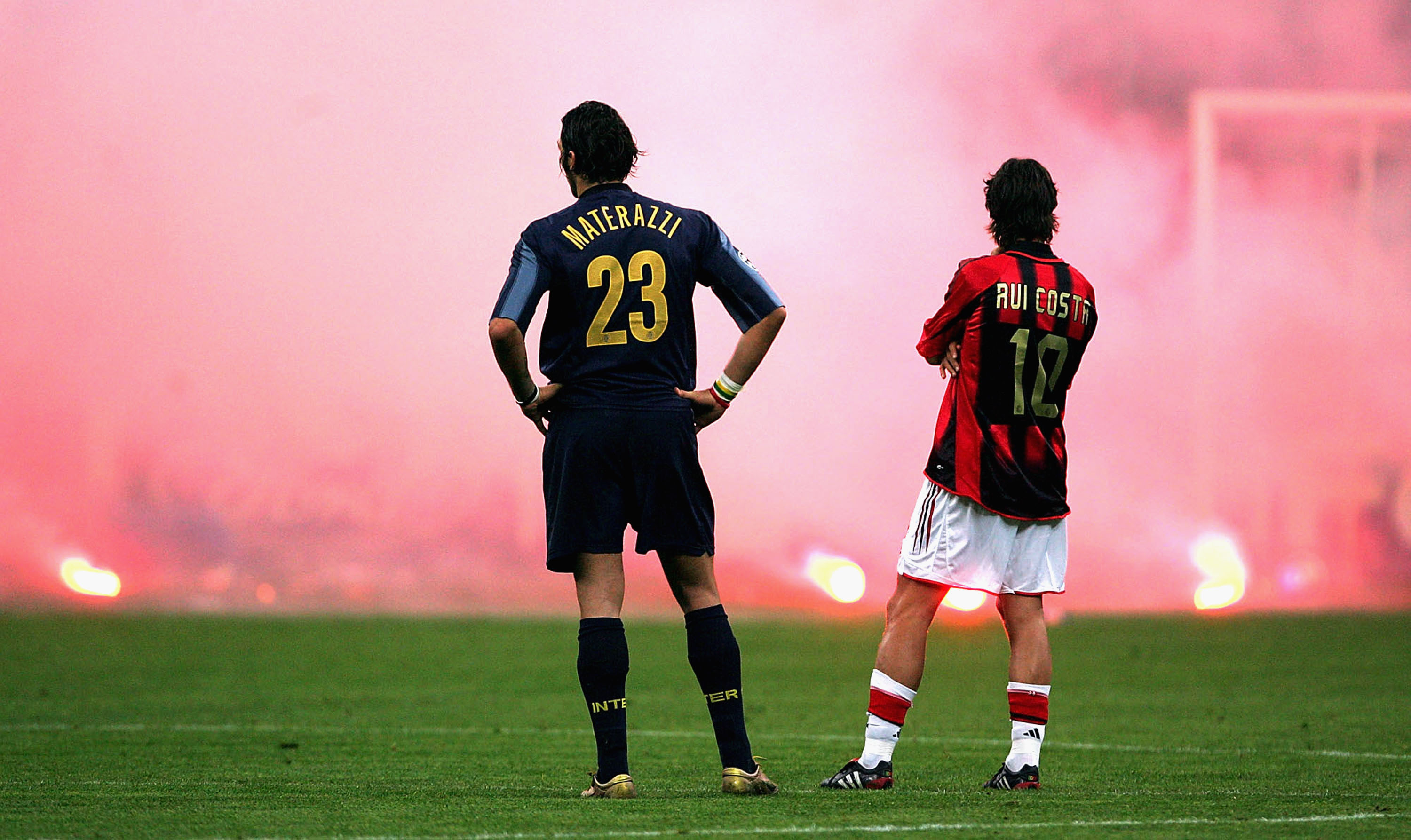
Milan is one of only a couple of cities to boast two European Cup-winning clubs. Those teams, AC Milan and Internazionale, are two of the world’s biggest.
Their derbies are always an intense affair and a trip to San Siro is a magical experience. But if it’s on your to-do list, don’t wait too long because both clubs are planning to build new stadiums in the coming years…
5. São Paulo
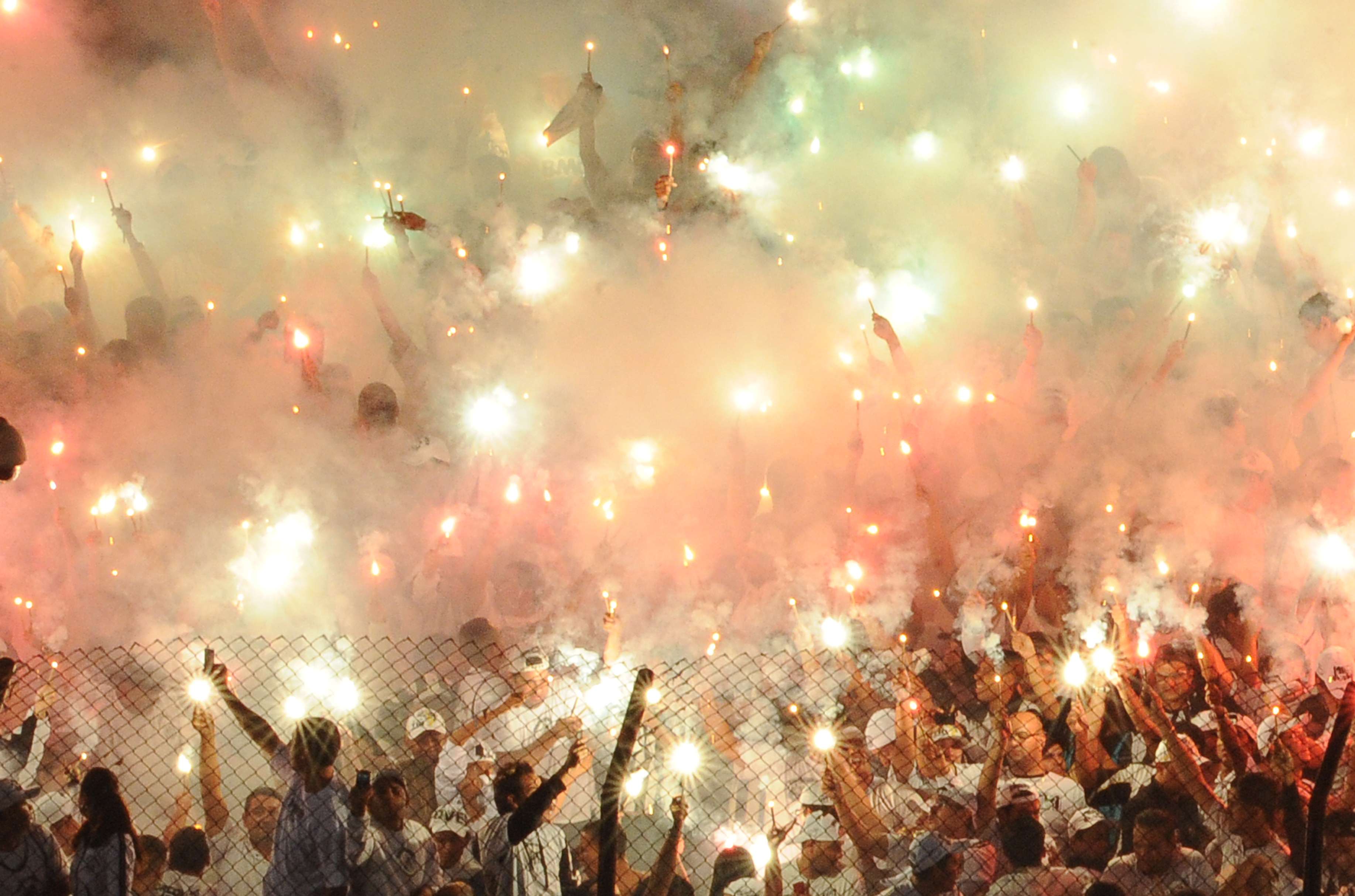
São Paulo is Brazil’s biggest city and home to some of the nation’s biggest and most popular clubs, including Corinthians, Palmeiras and of course, São Paulo.
The derby between Corinthians and Palmeiras, the city’s two oldest clubs, is always a mouthwatering affair. You can also take a trip to Pele’s old club Santos, a couple of hours away down by the coast, still in São Paulo State.
4. Rio de Janeiro
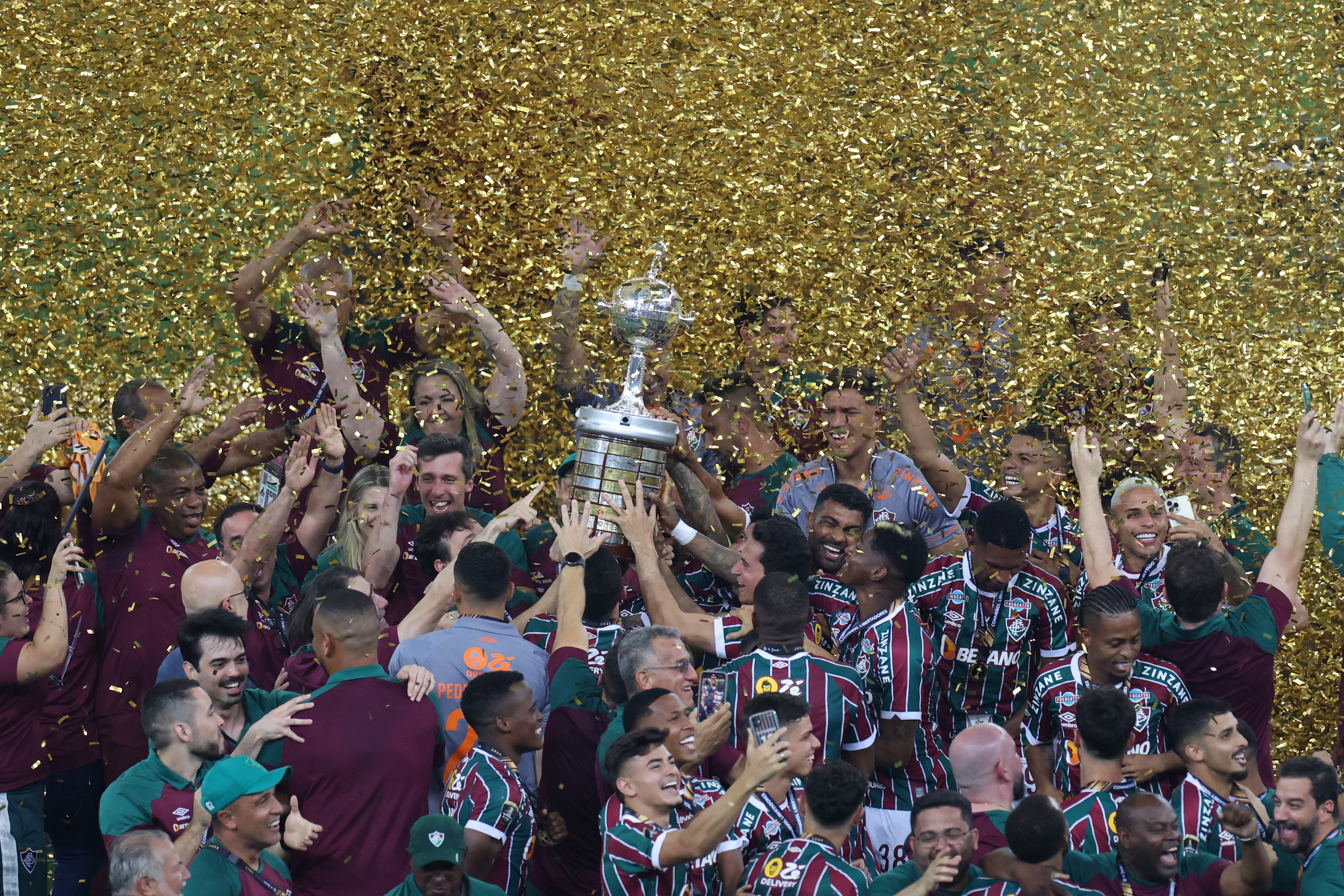
Rio de Janeiro is not only one of the world’s most beautiful cities, it’s also a wonderful place to watch football.
Home to Brazil’s most popular club, Flamengo, and to Fluminense, Botafogo and Vasco Gama, there are some special derbies on offer in Rio. And a visit to the Maracana is a must.
3. Madrid
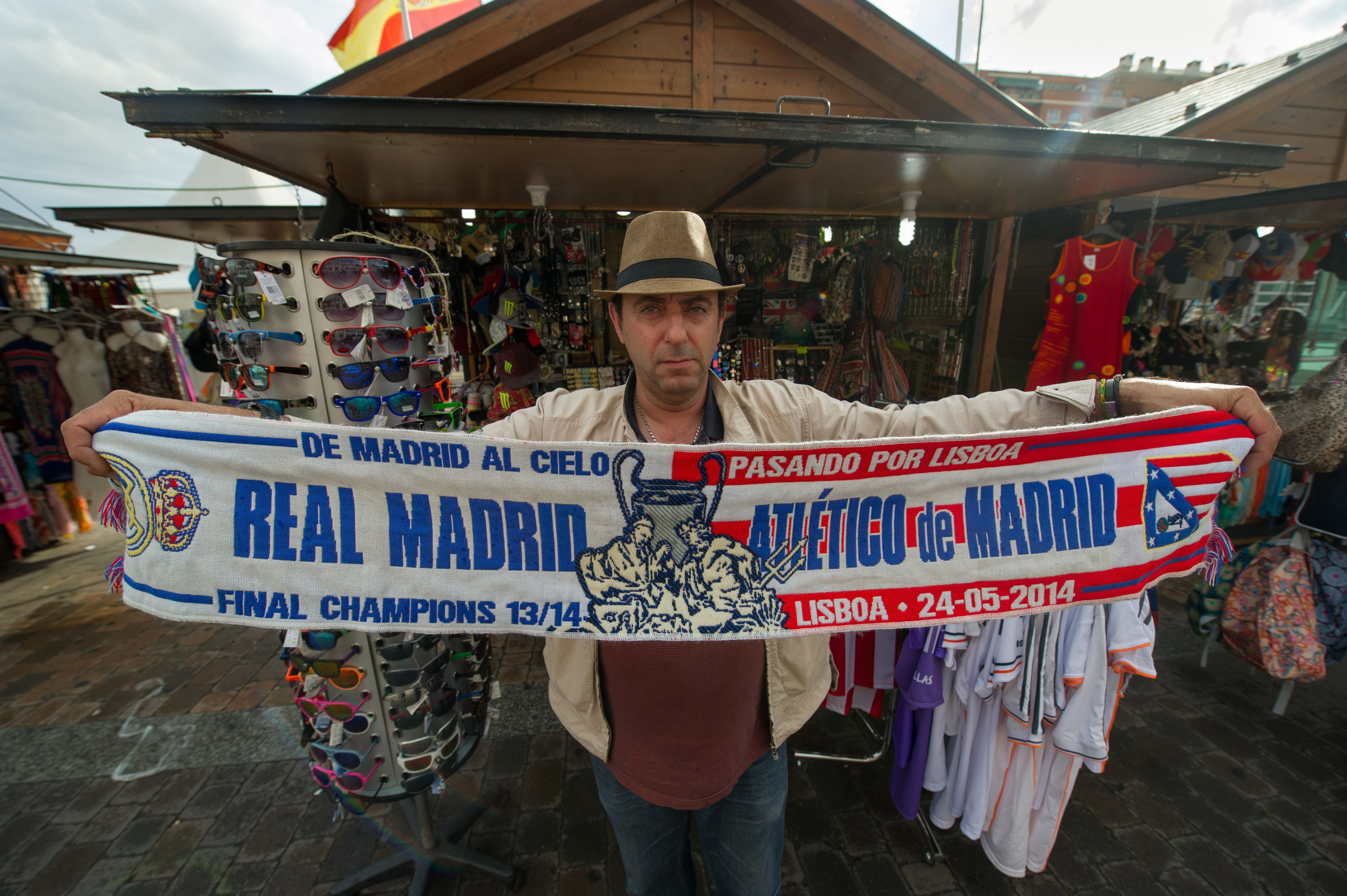
Madrid is the only city to have had two teams in a Champions League final. Real Madrid and Atletico Madrid met in the 2014 and 2016 finals, with Los Blancos the winners on both occasions.
Real Madrid are the most successful club in European Cup history and a visit to the Santiago Bernabeu should be on the bucket list of every football fan. But beyond that, there is so much more. Go to Atleti for the atmosphere, to Leganés for the sunsets, and to Rayo Vallecano for a real old-shool football experience.
2. Buenos Aires
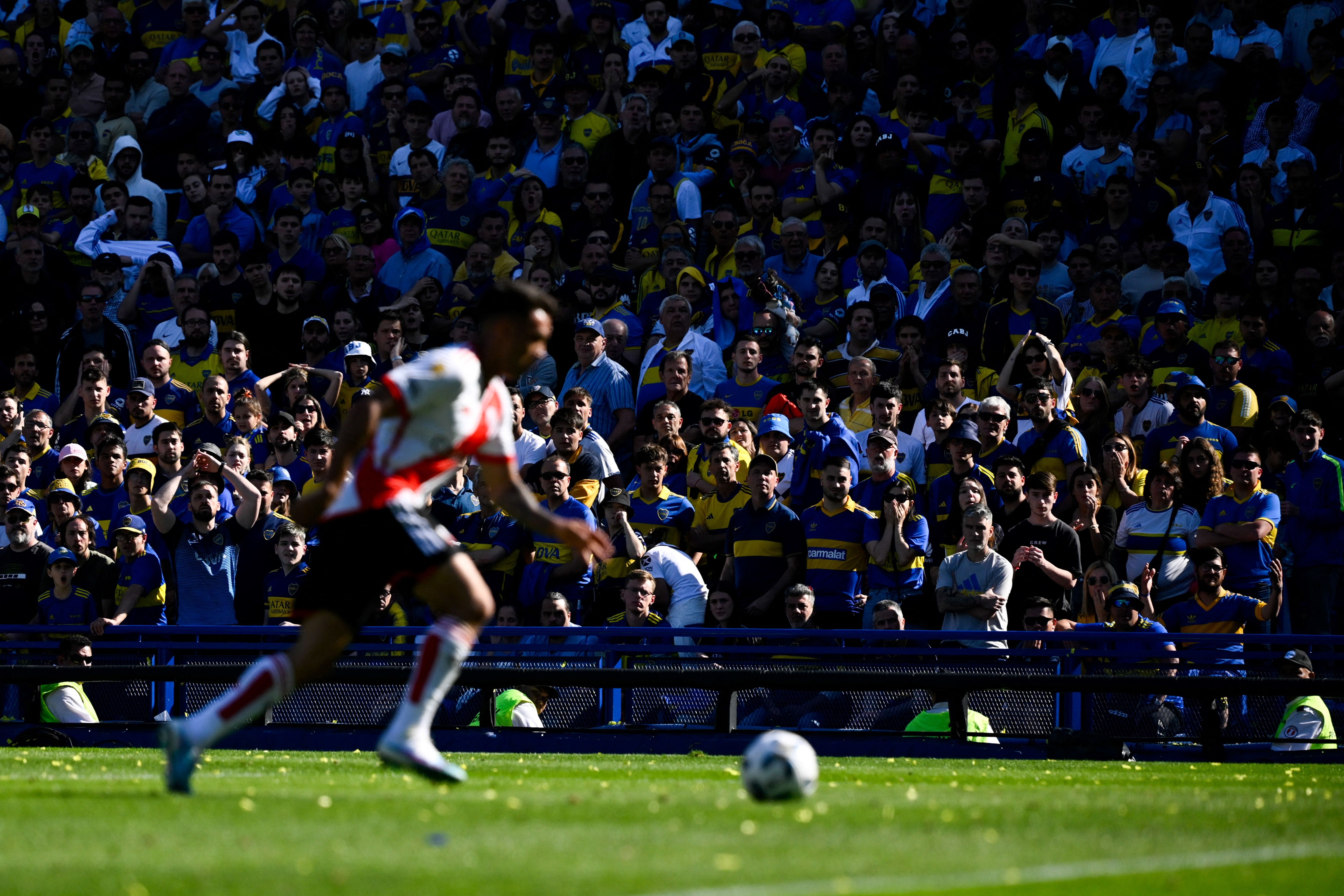
For fan culture, Argentina is virtually unbeatable, and Buenos Aires is a huge hub for football in the South American nation.
There’s the Superclásico between Boca Juniors and River Plate, of course, but that’s the tip of the iceberg. Greater Buenos Aires is also home to Independiente, Racing Club, Vélez Sarsfield, Banfield, San Lorenzo, Huracán, Argentinos Juniors and many more. If you still want more football, La Boca is full of football imagery. And you can also go on a Diego Maradona walking tour…
1. London
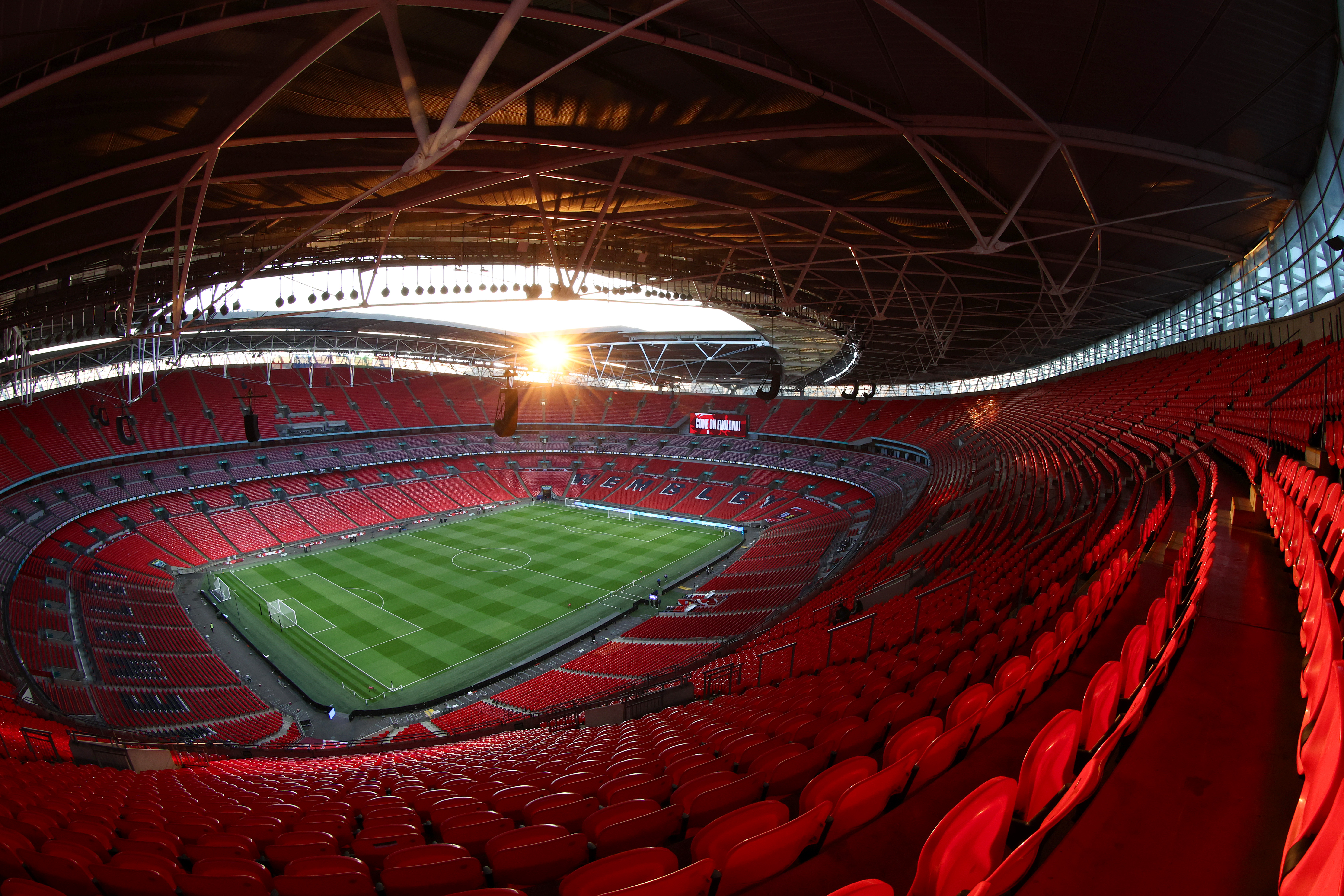
While the most successful English clubs are based in the north of England, London is home to more teams than anywhere else. Arsenal, Chelsea, Tottenham, Fulham, Crystal Palace and West Ham all play in the capital, along with hundreds of sides throughout the football pyramid.
London is also home to the national stadium, Wembley, which hosts domestic cup finals. On any given weekend, there are countless options for football fans across the city. Just don’t look for clubs with London in their name. They don’t do that here.

















